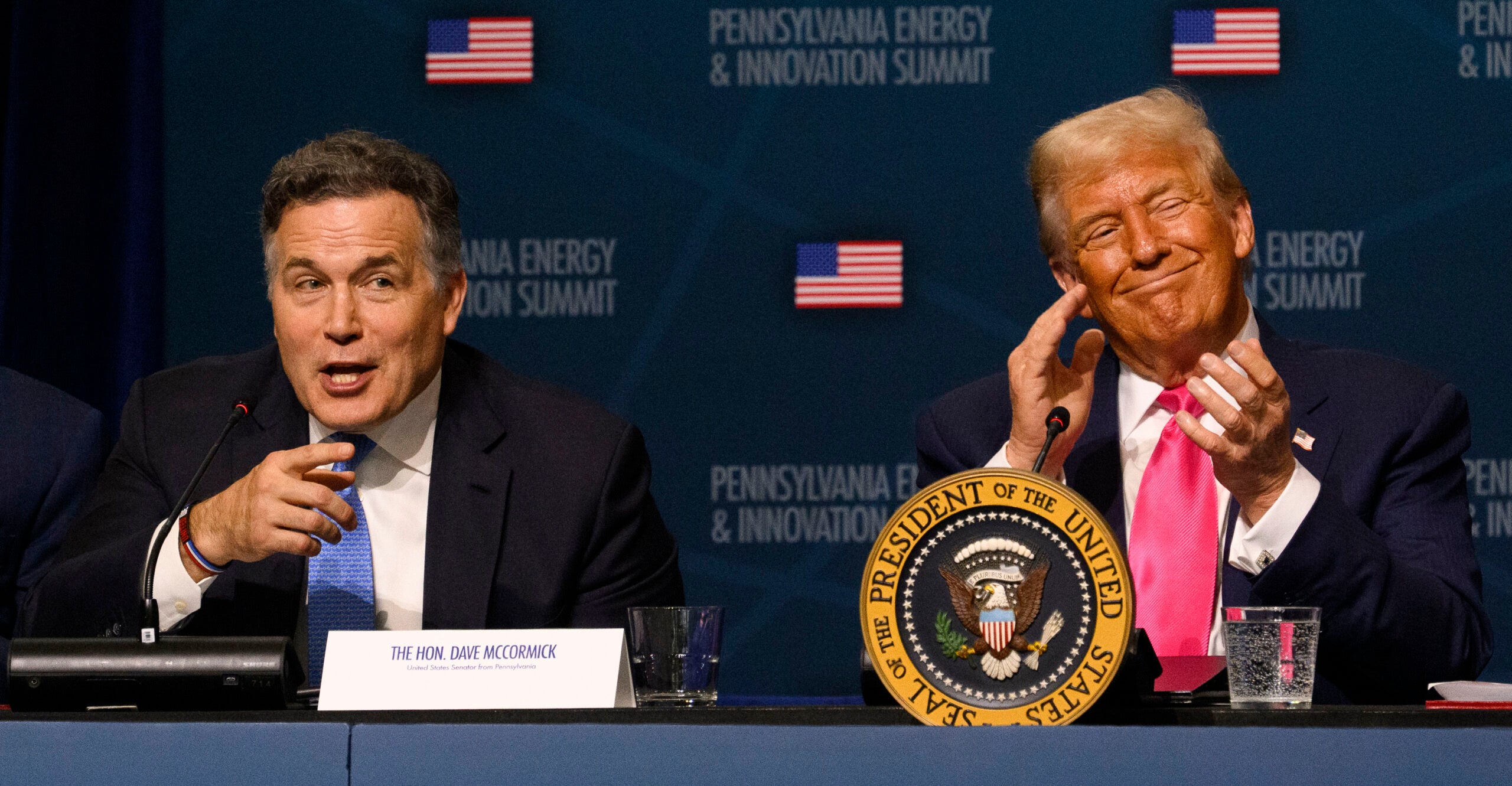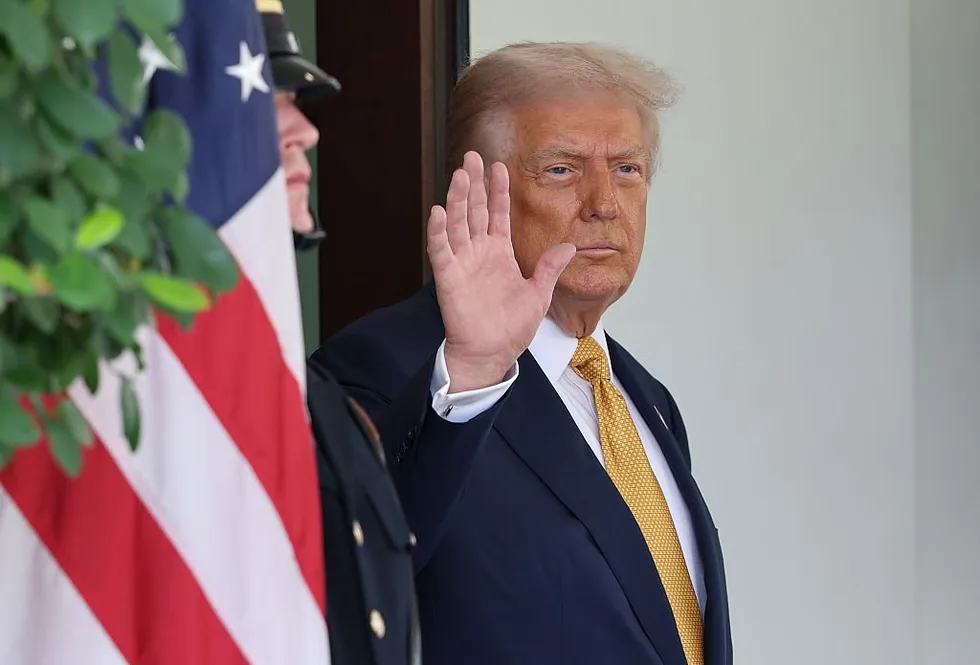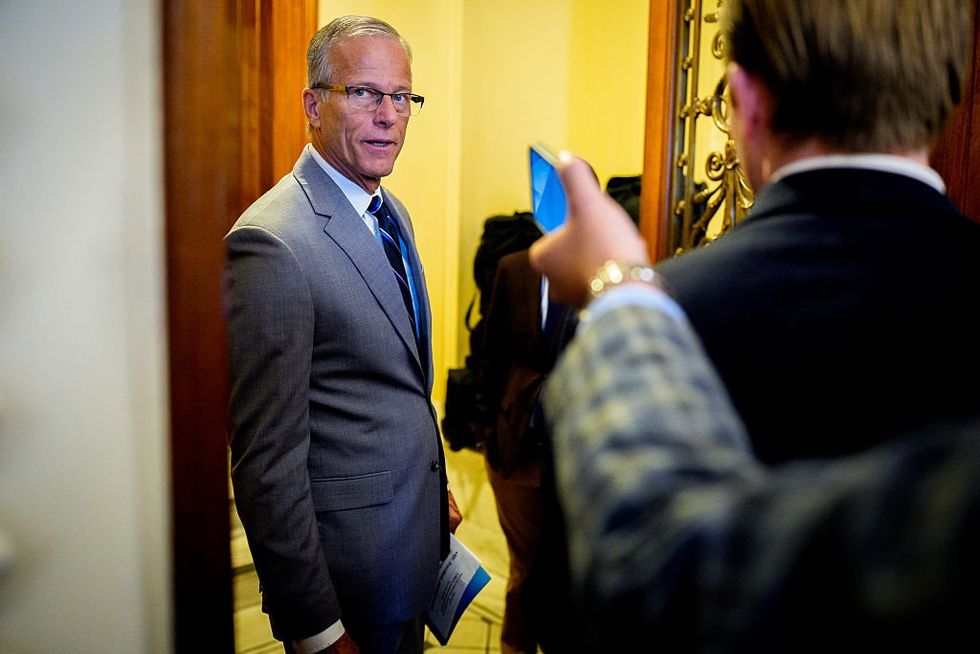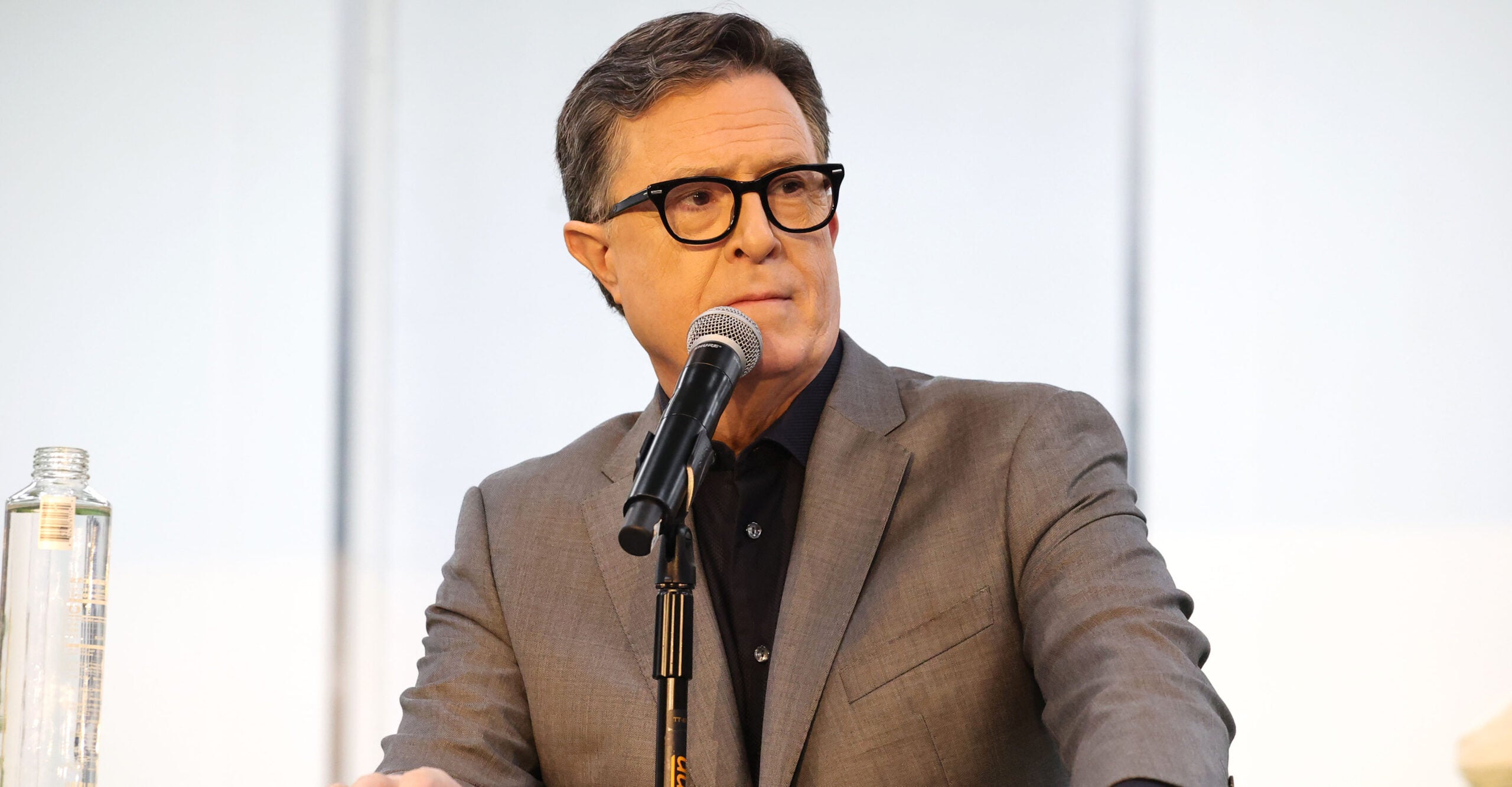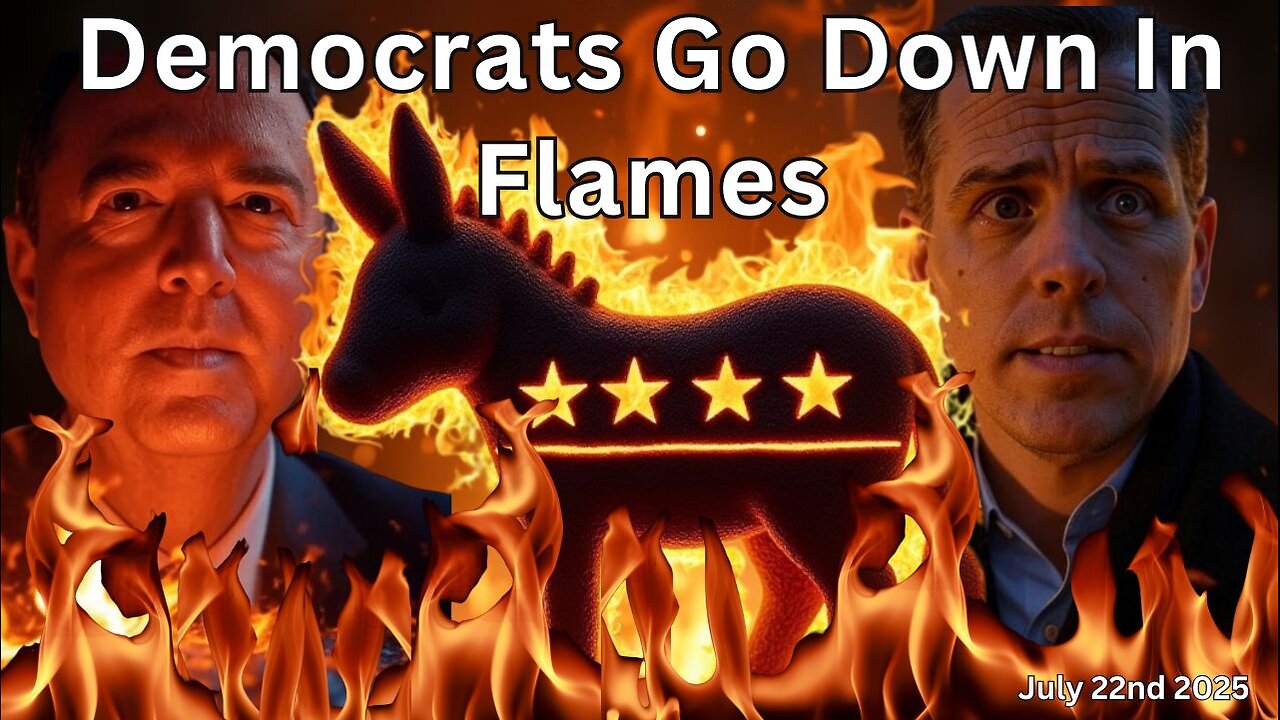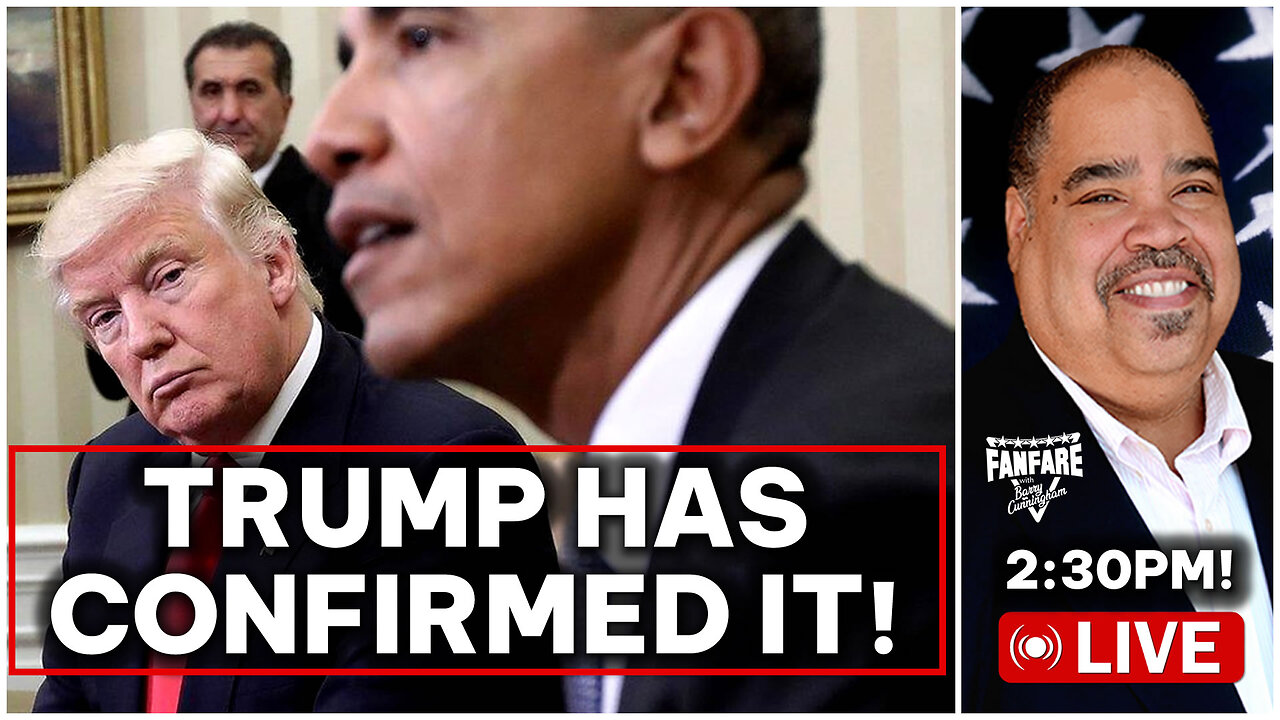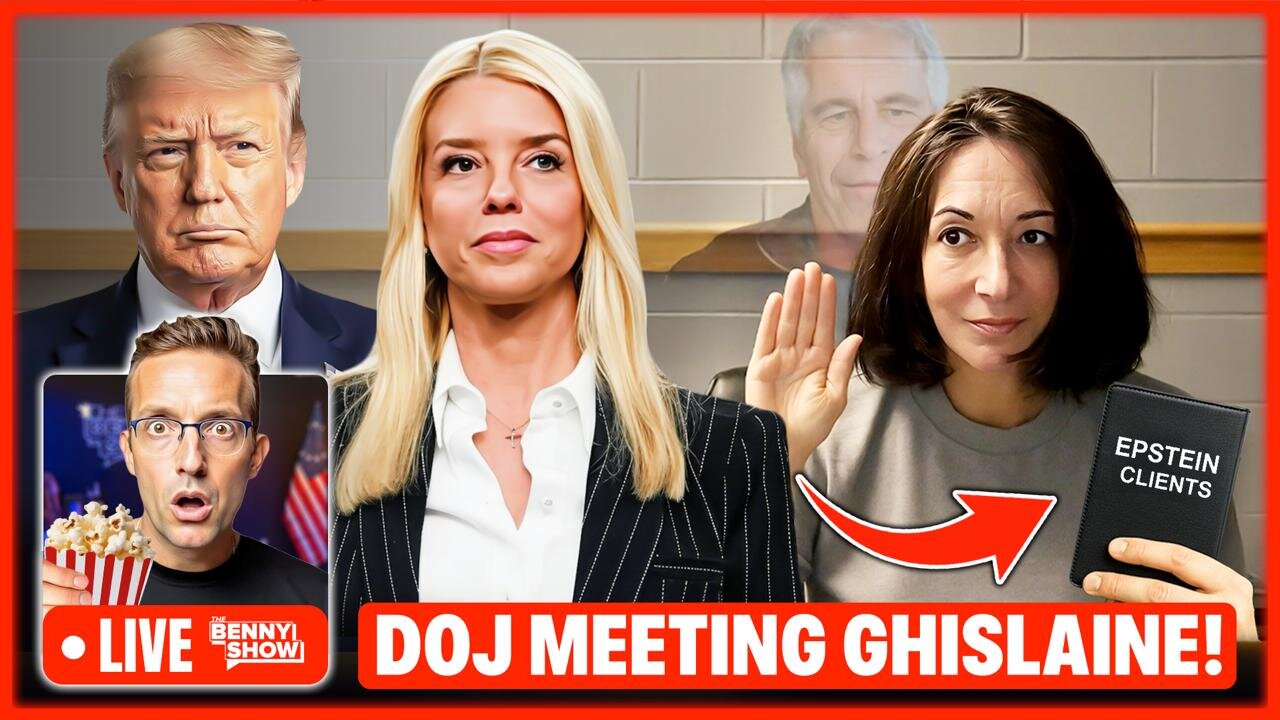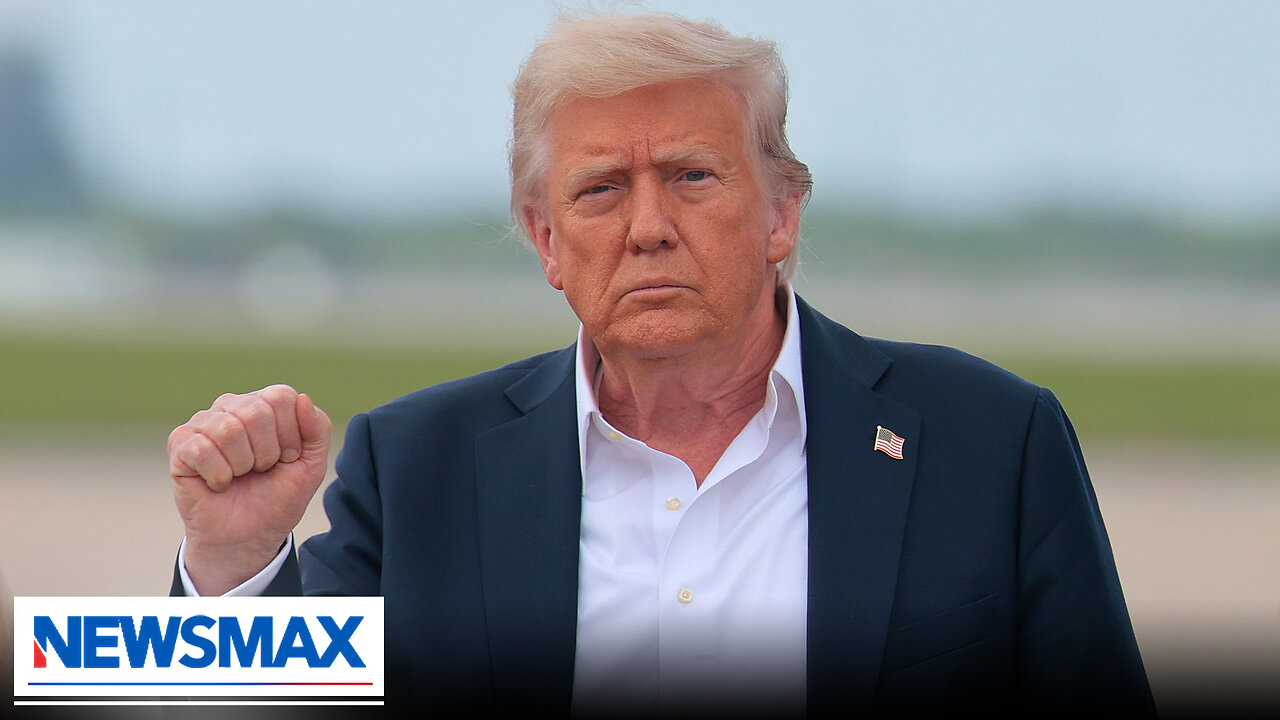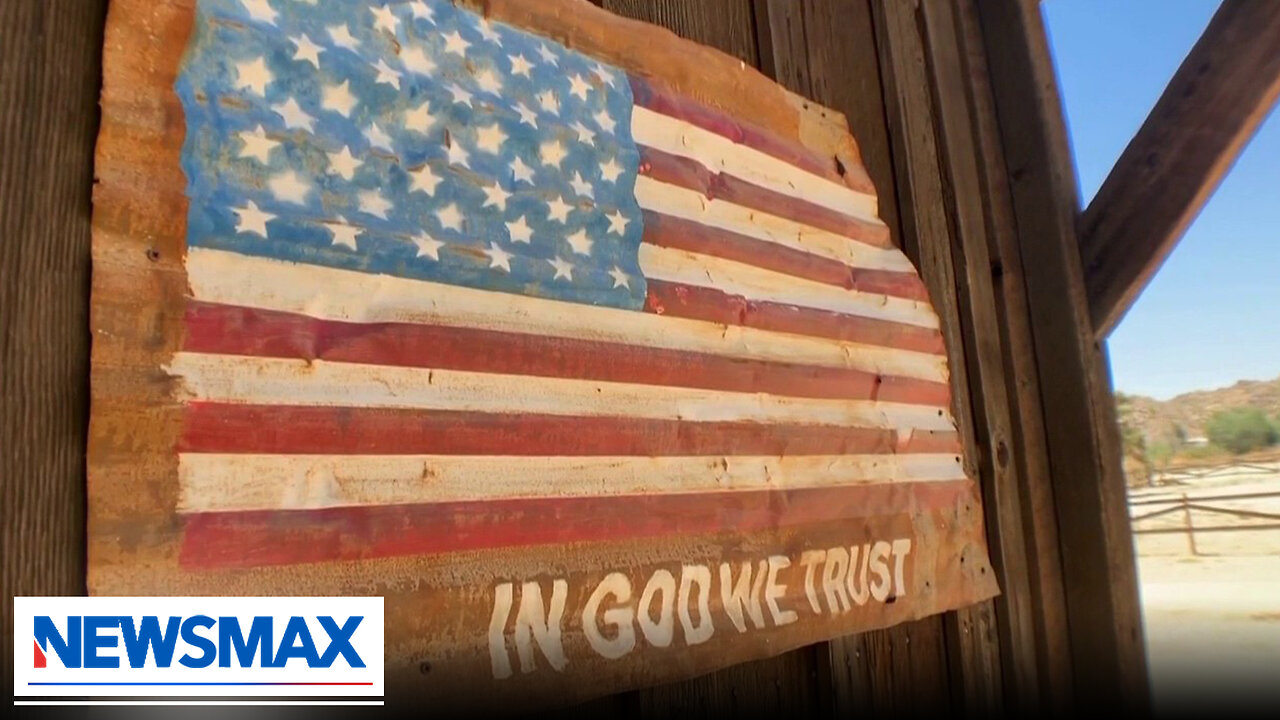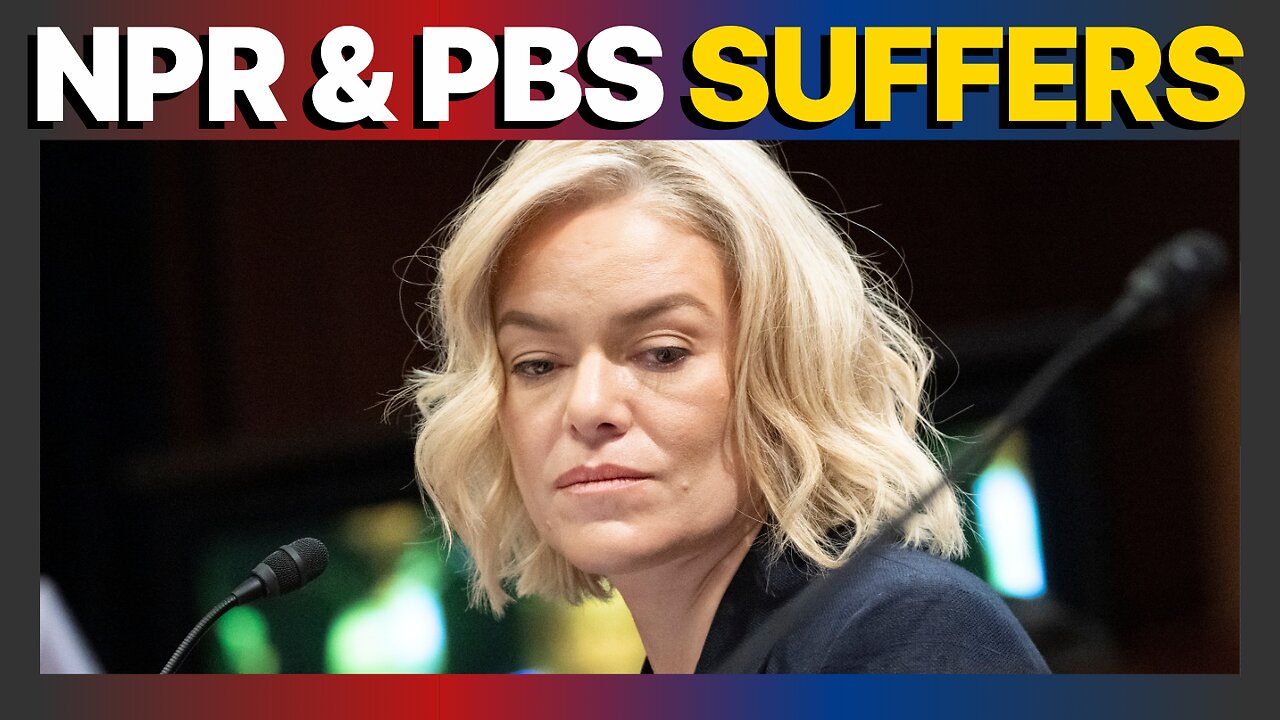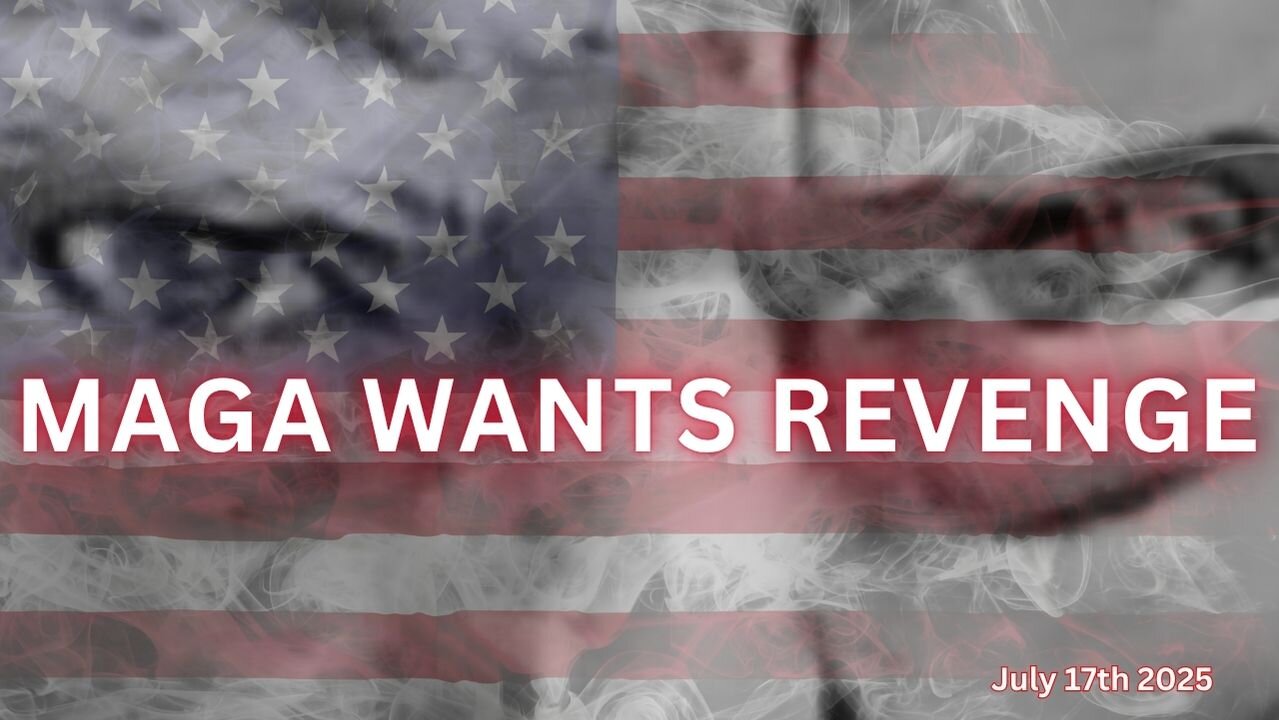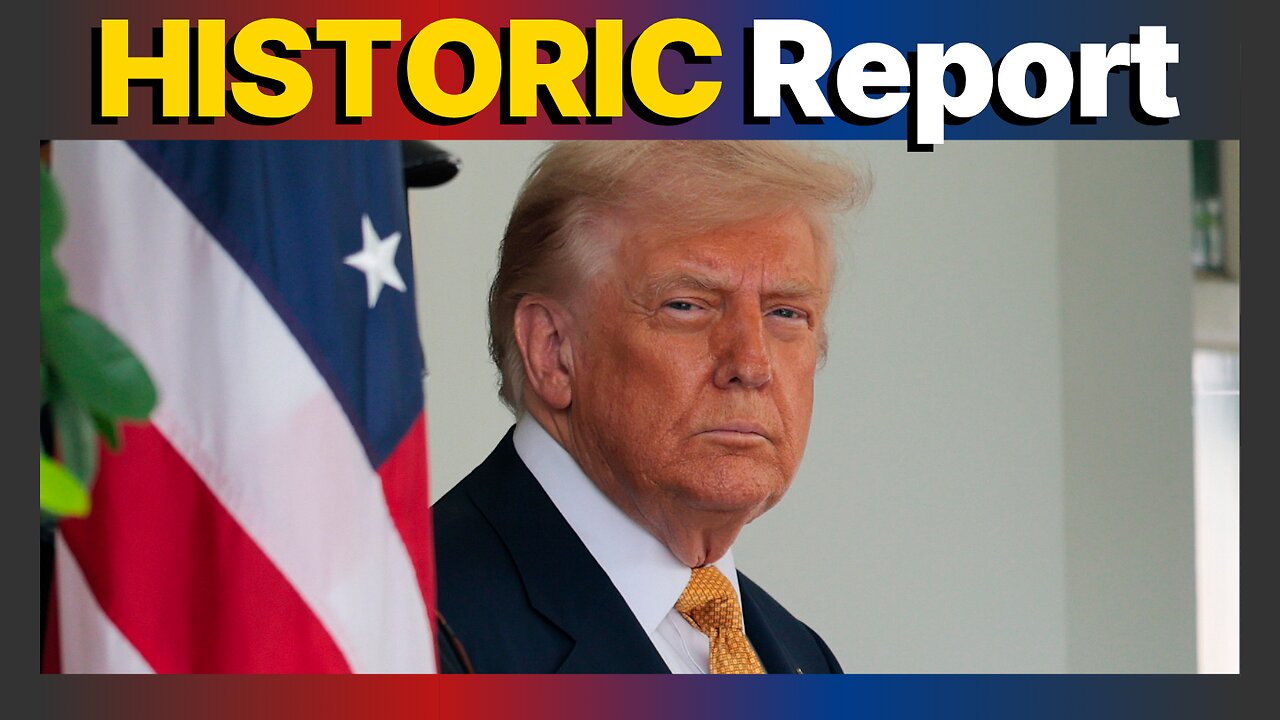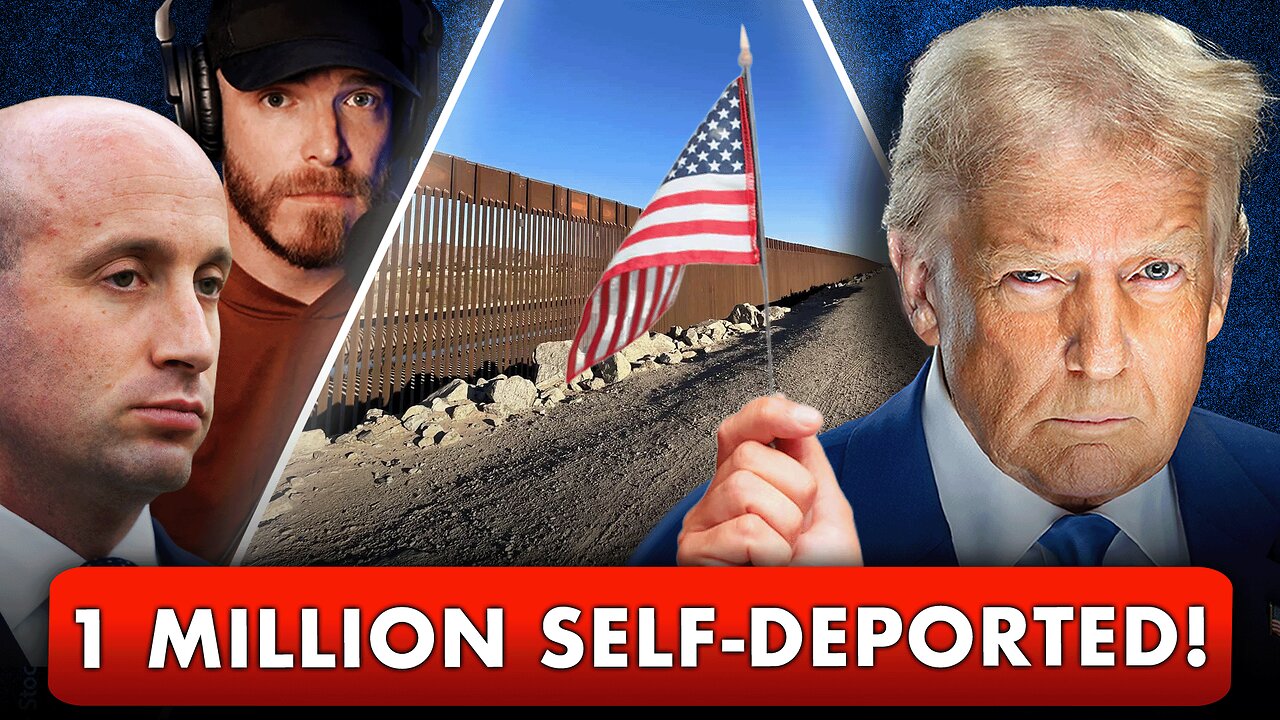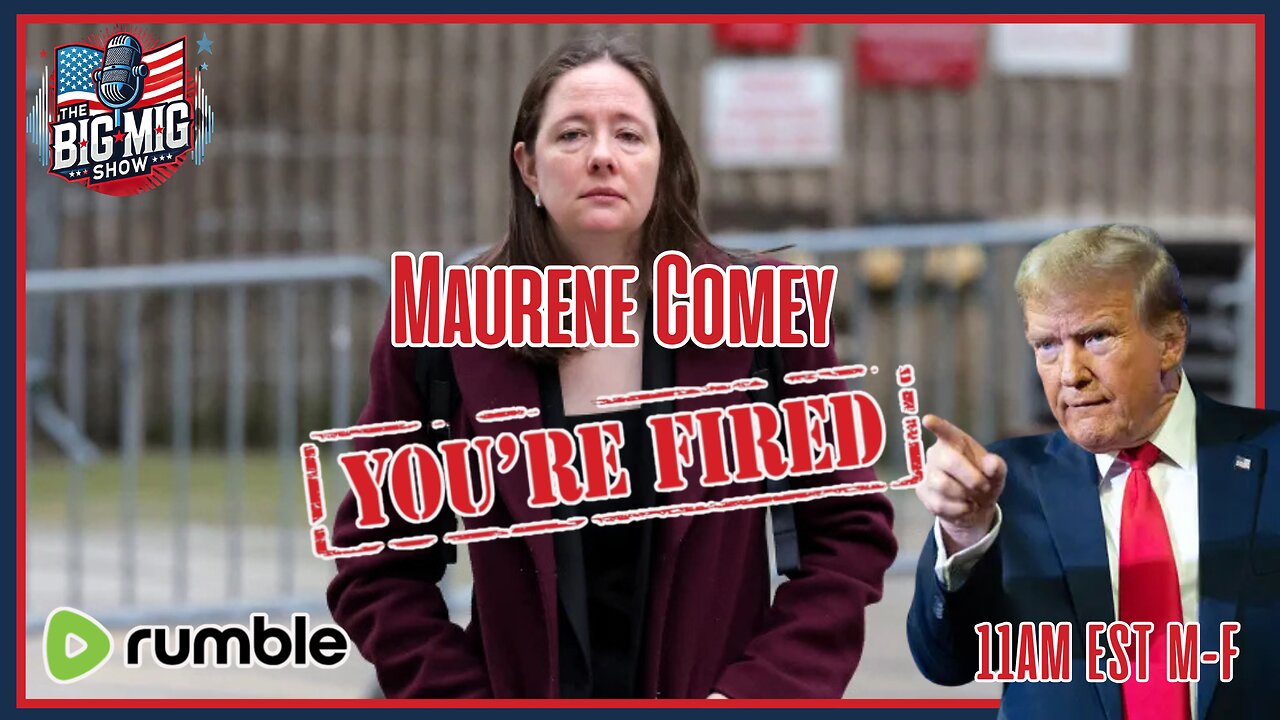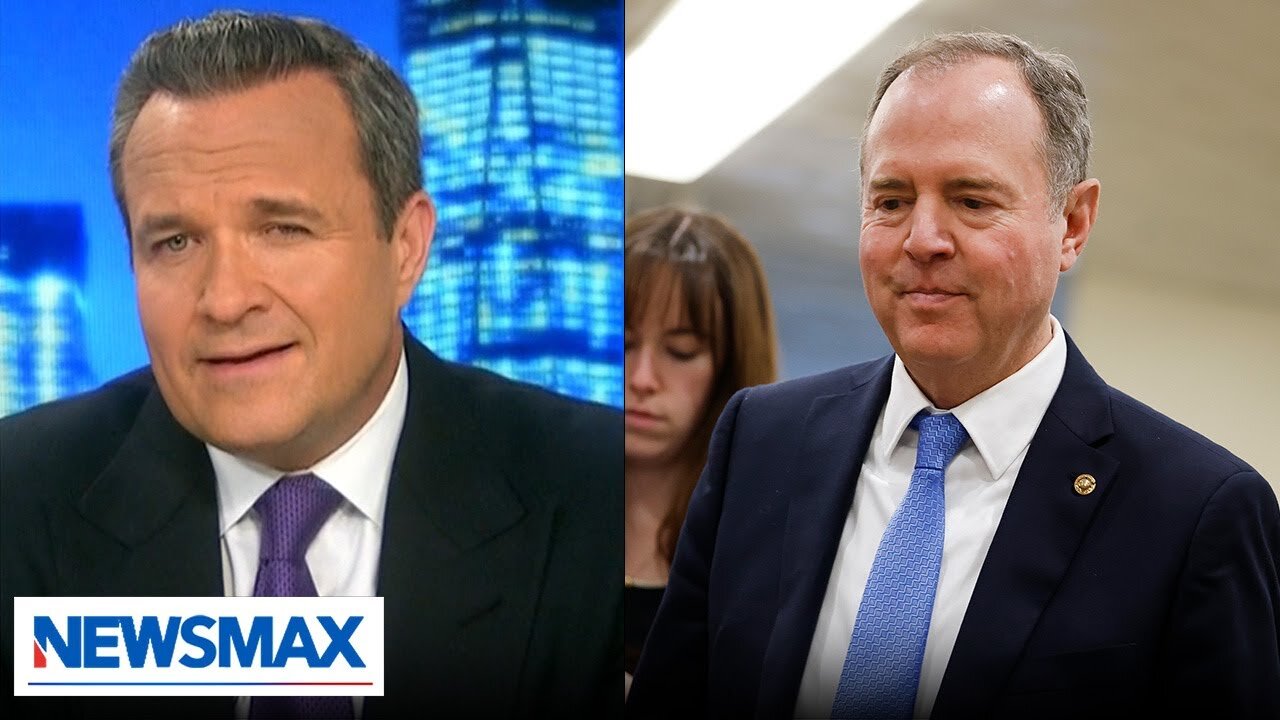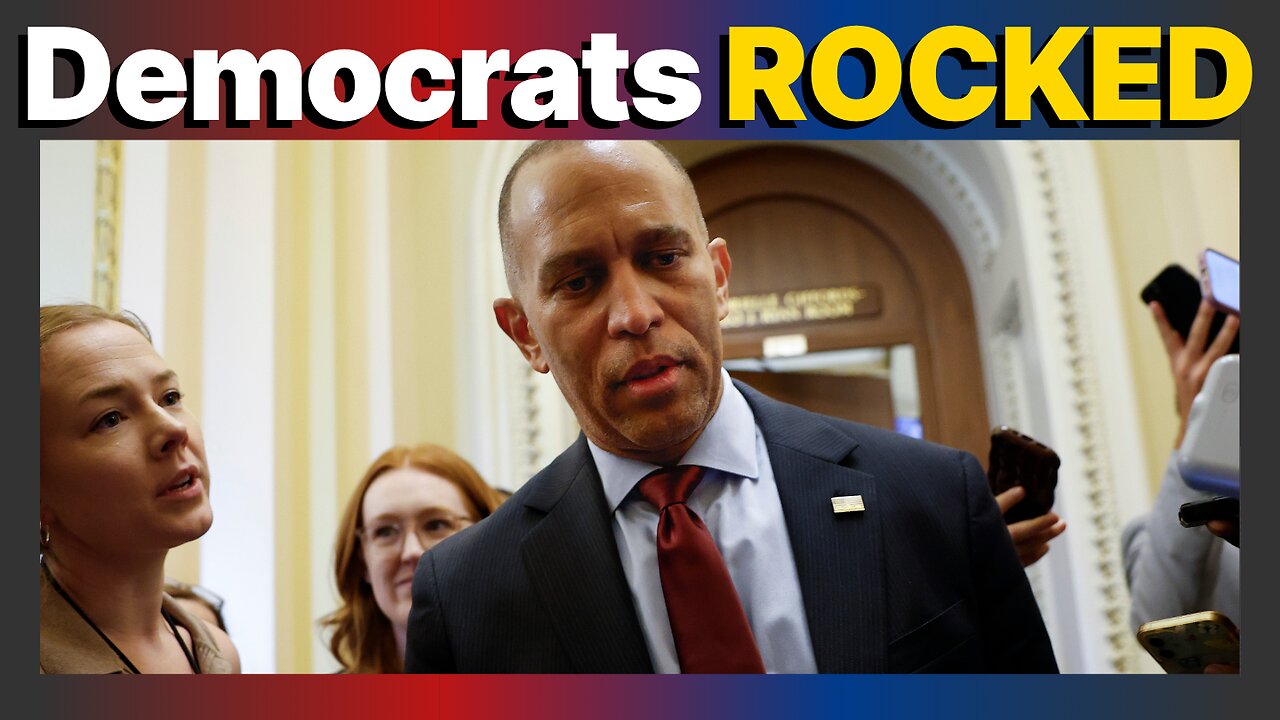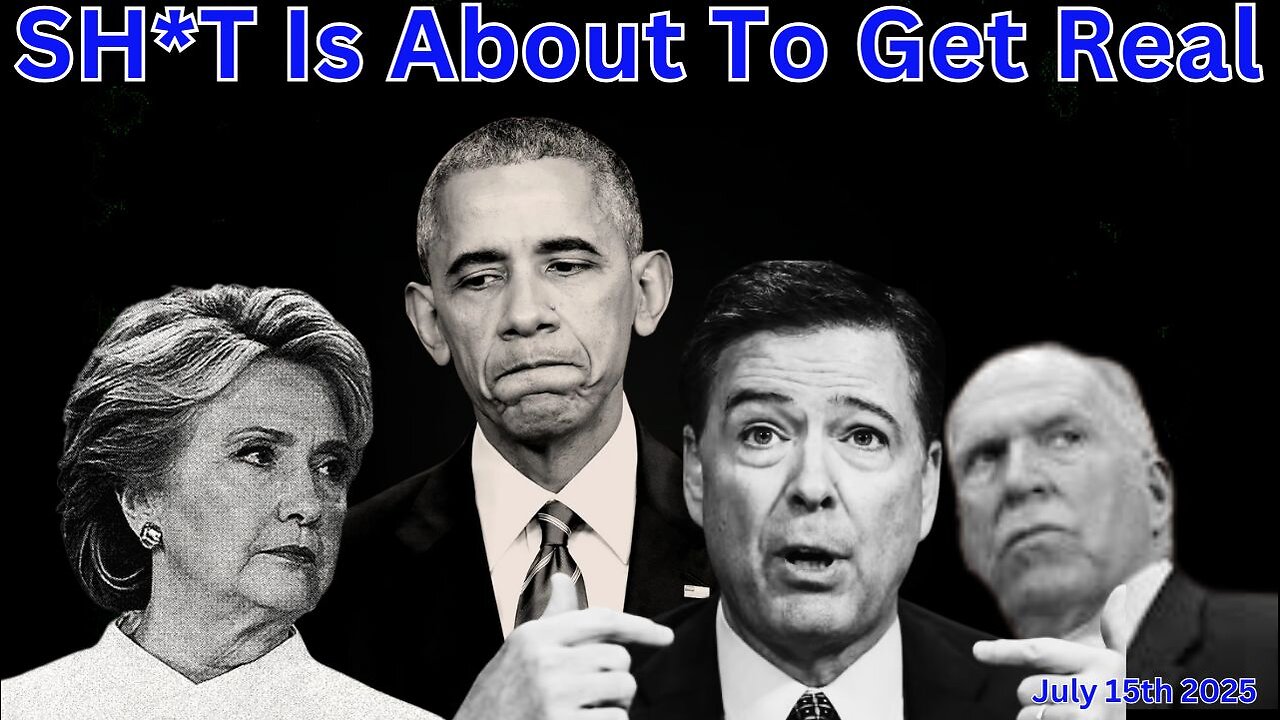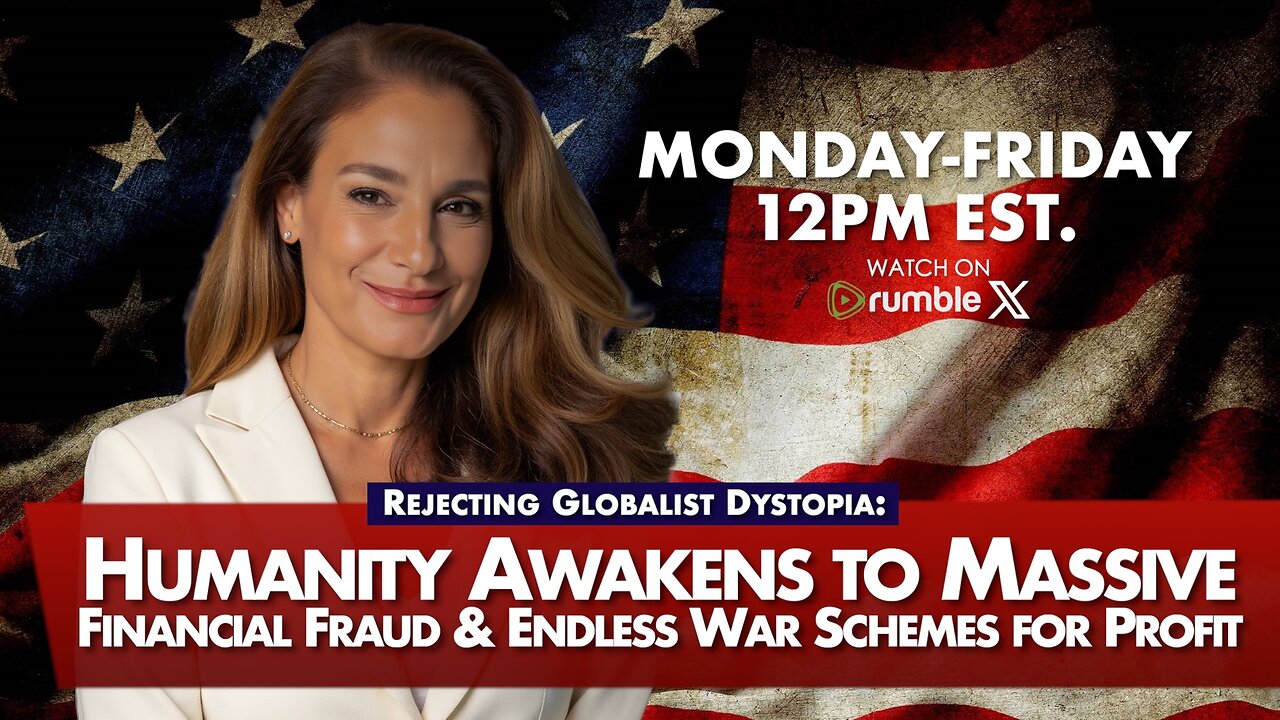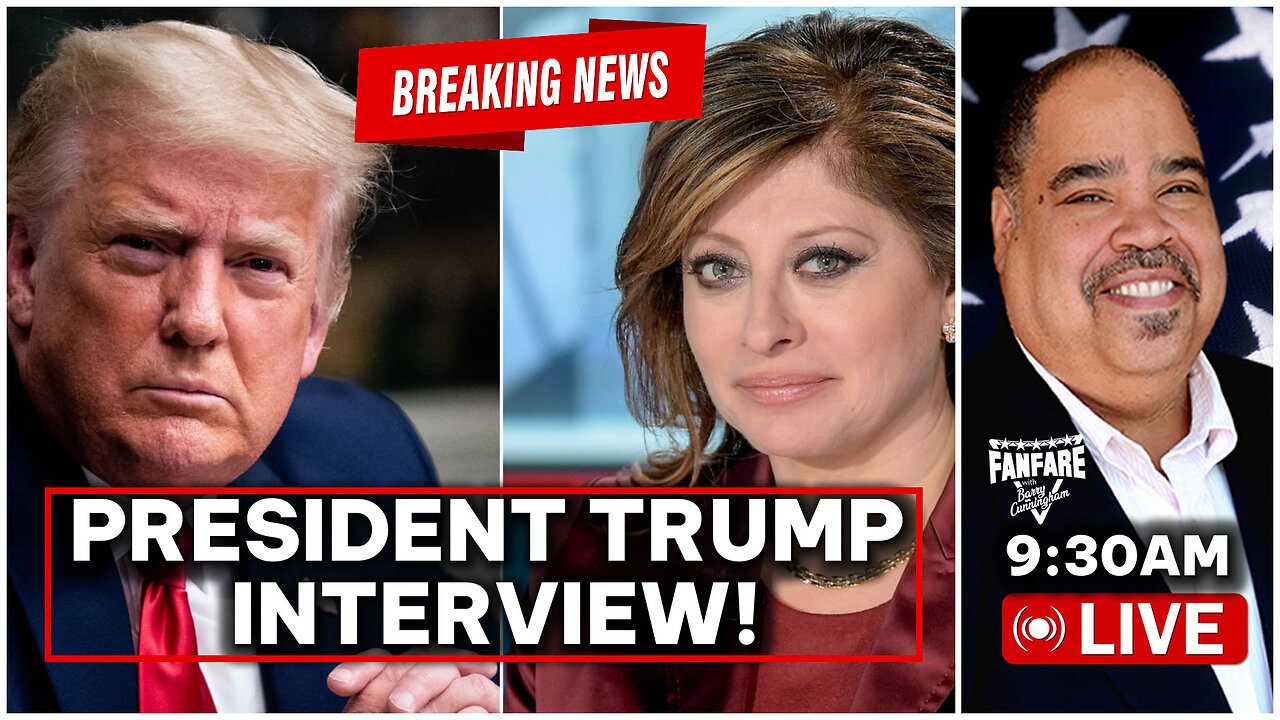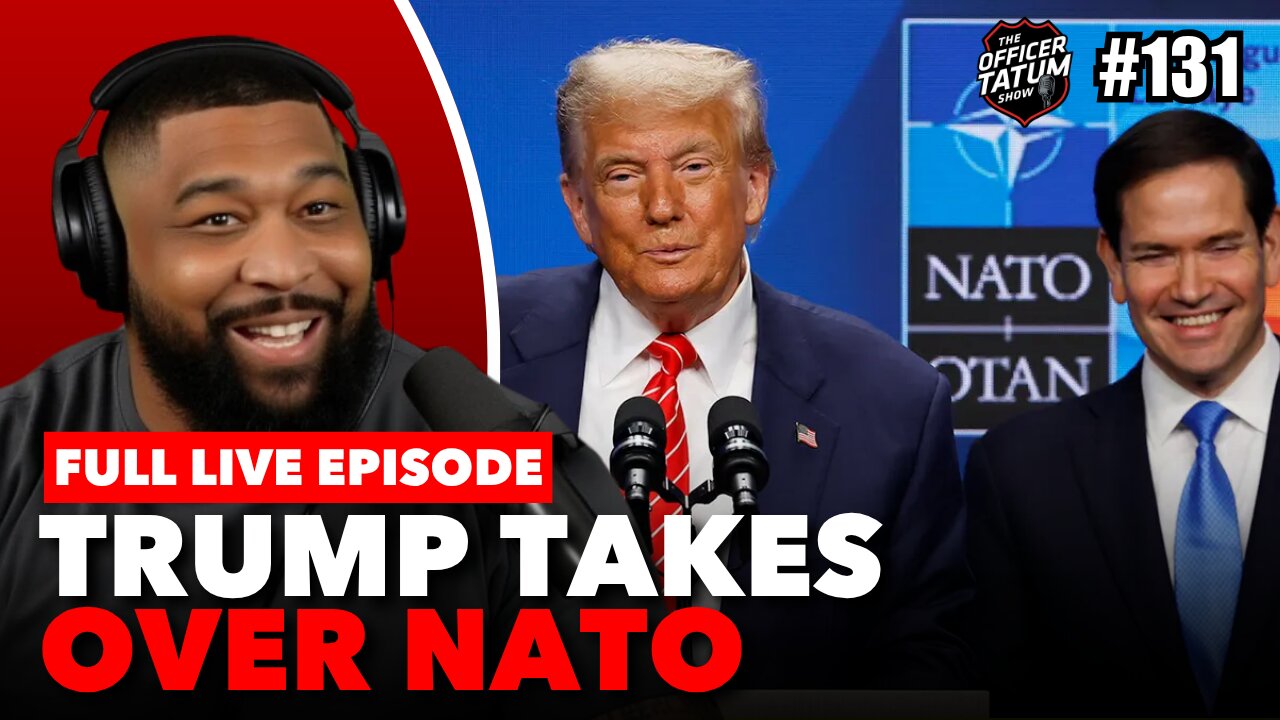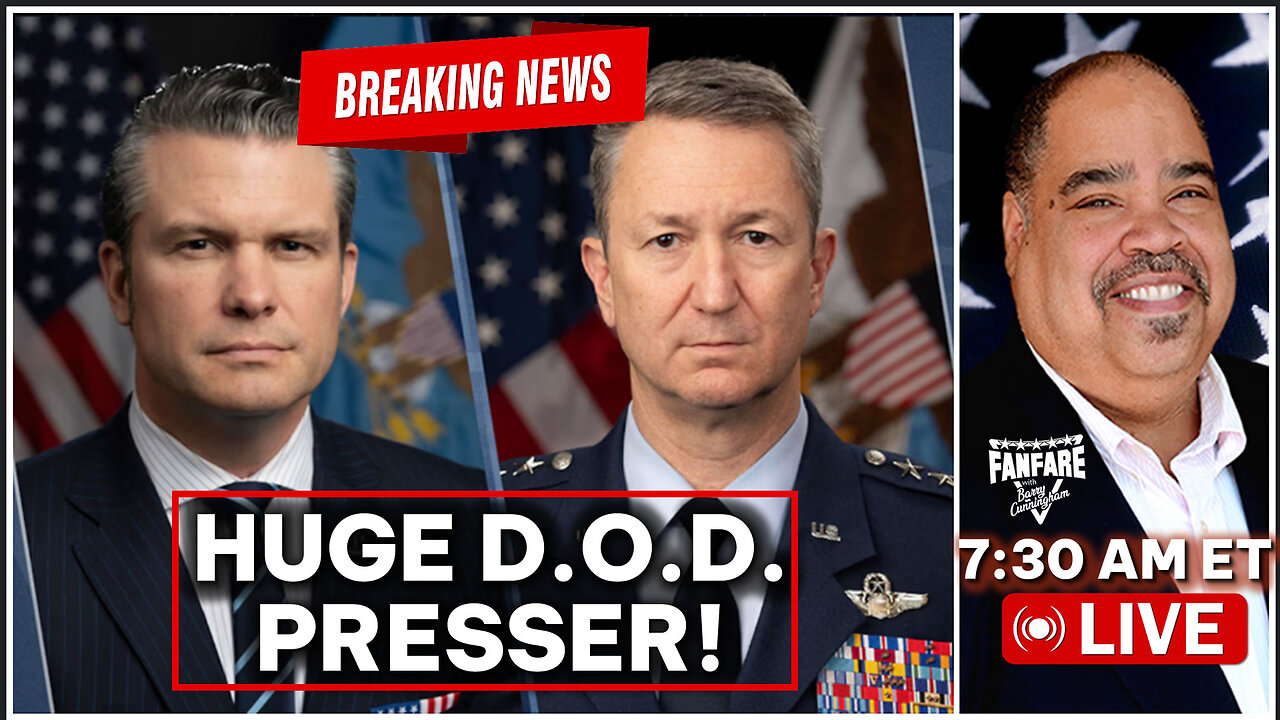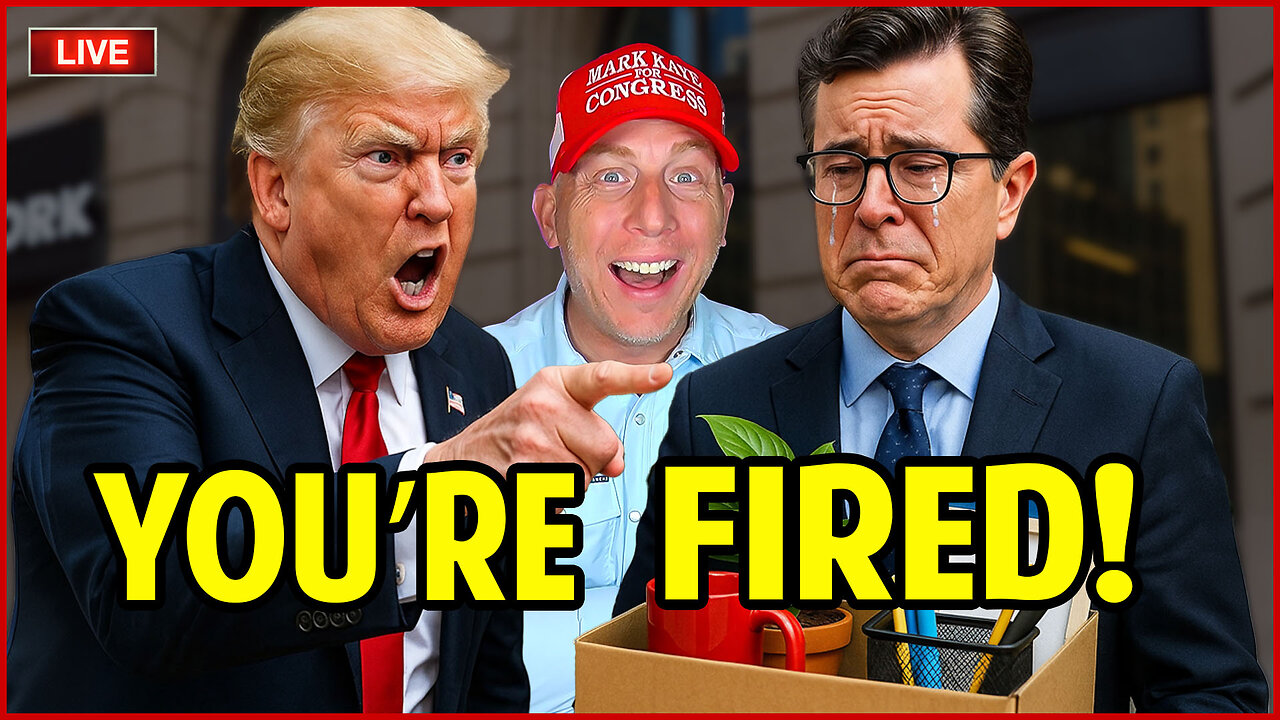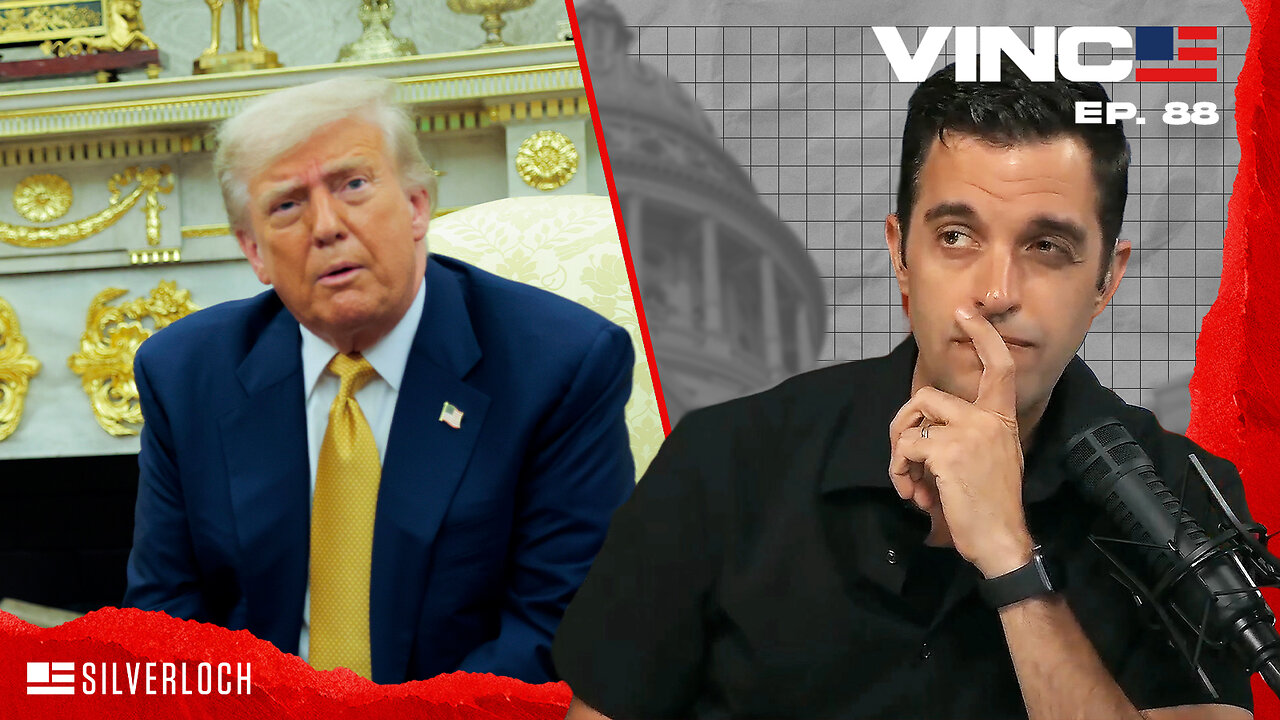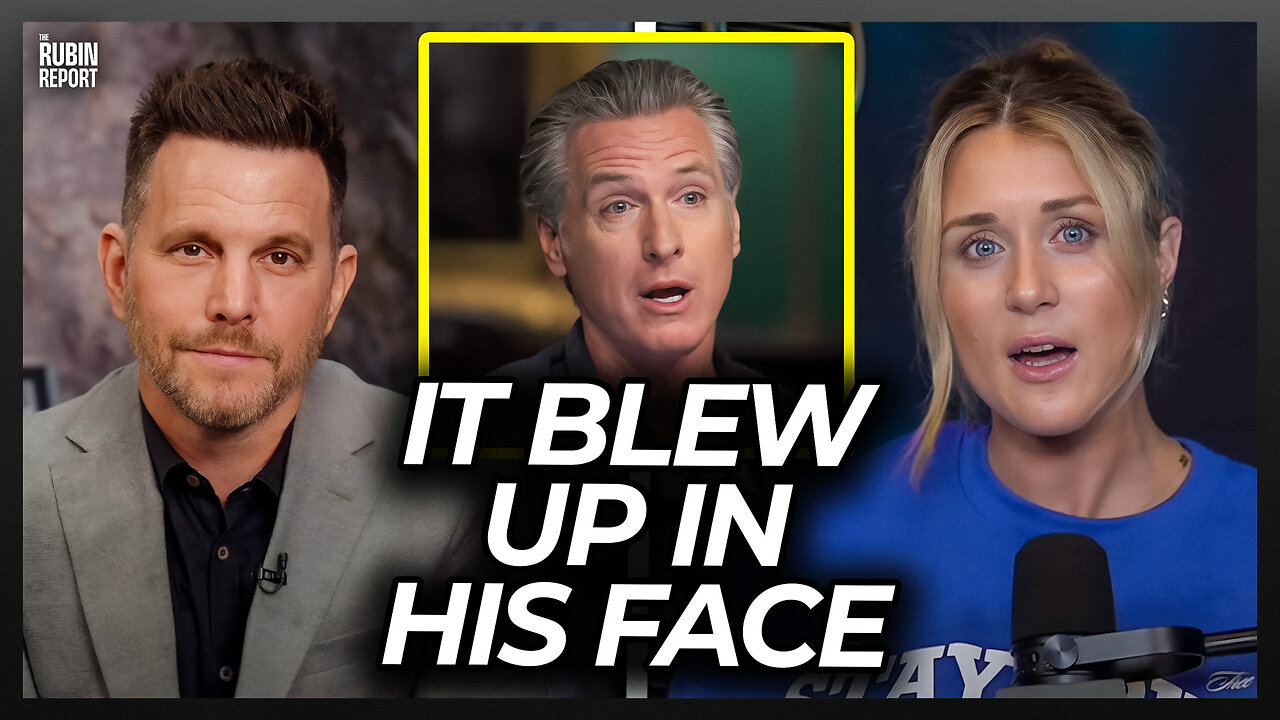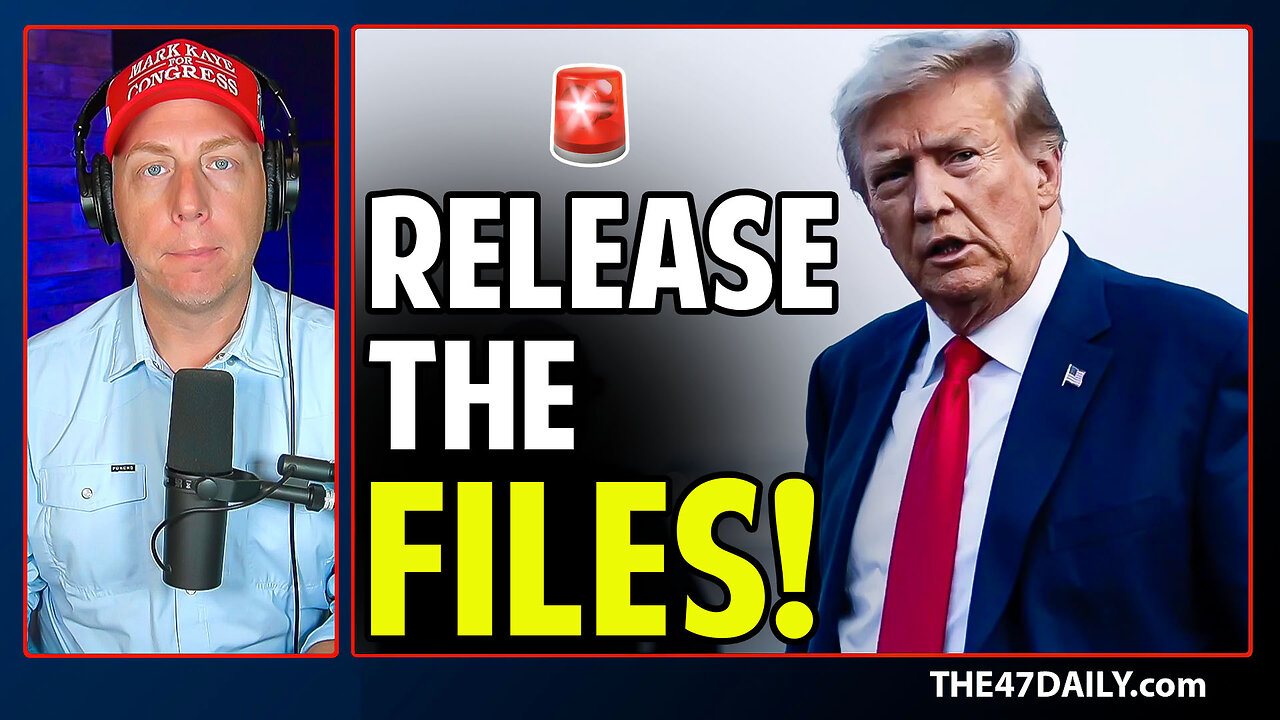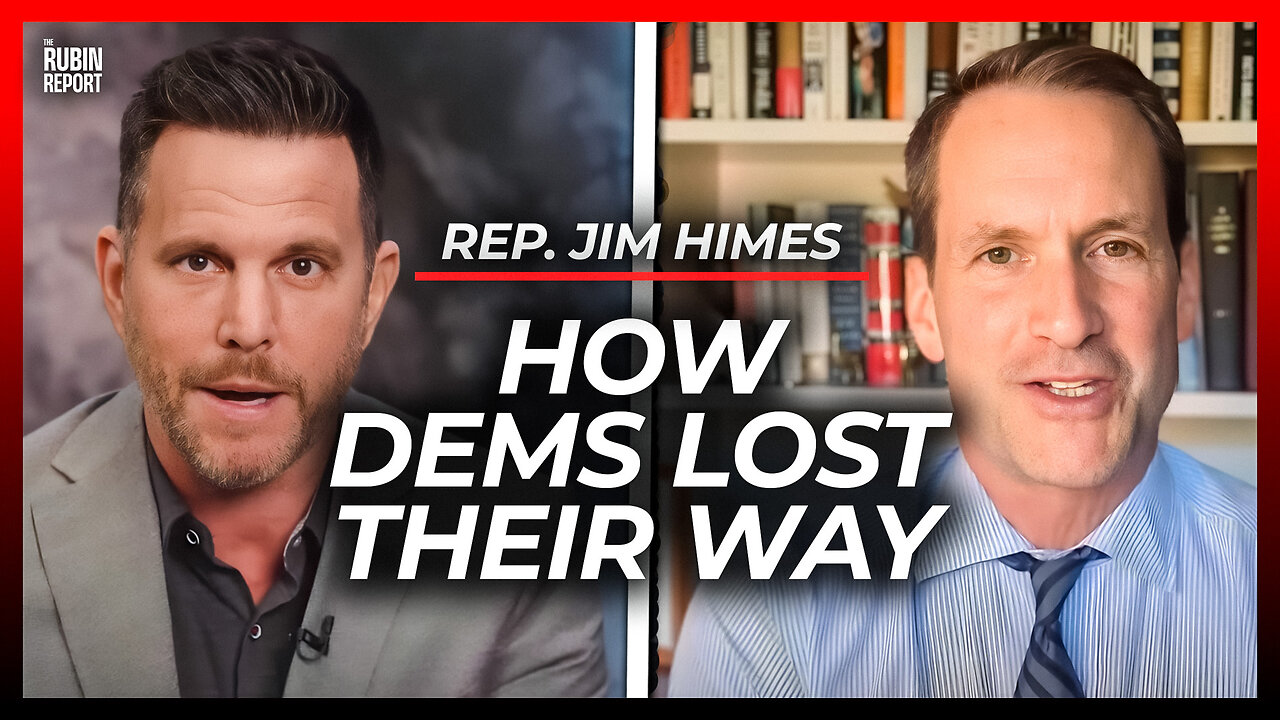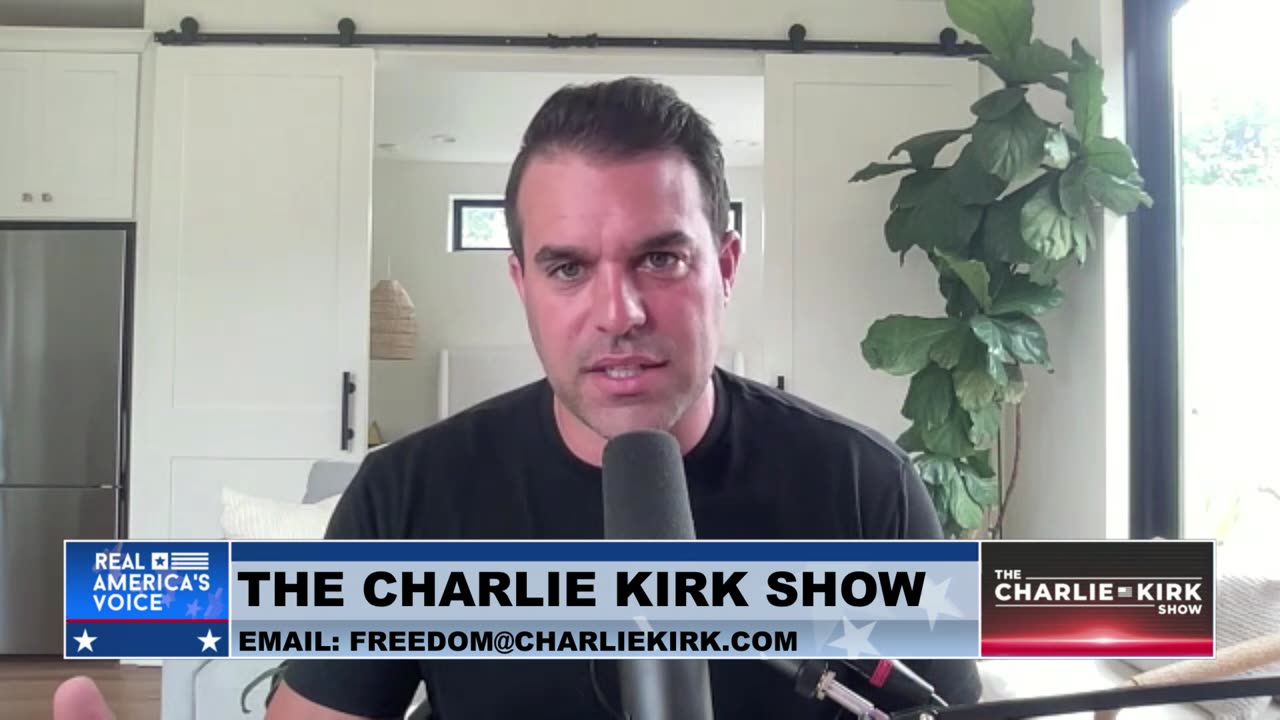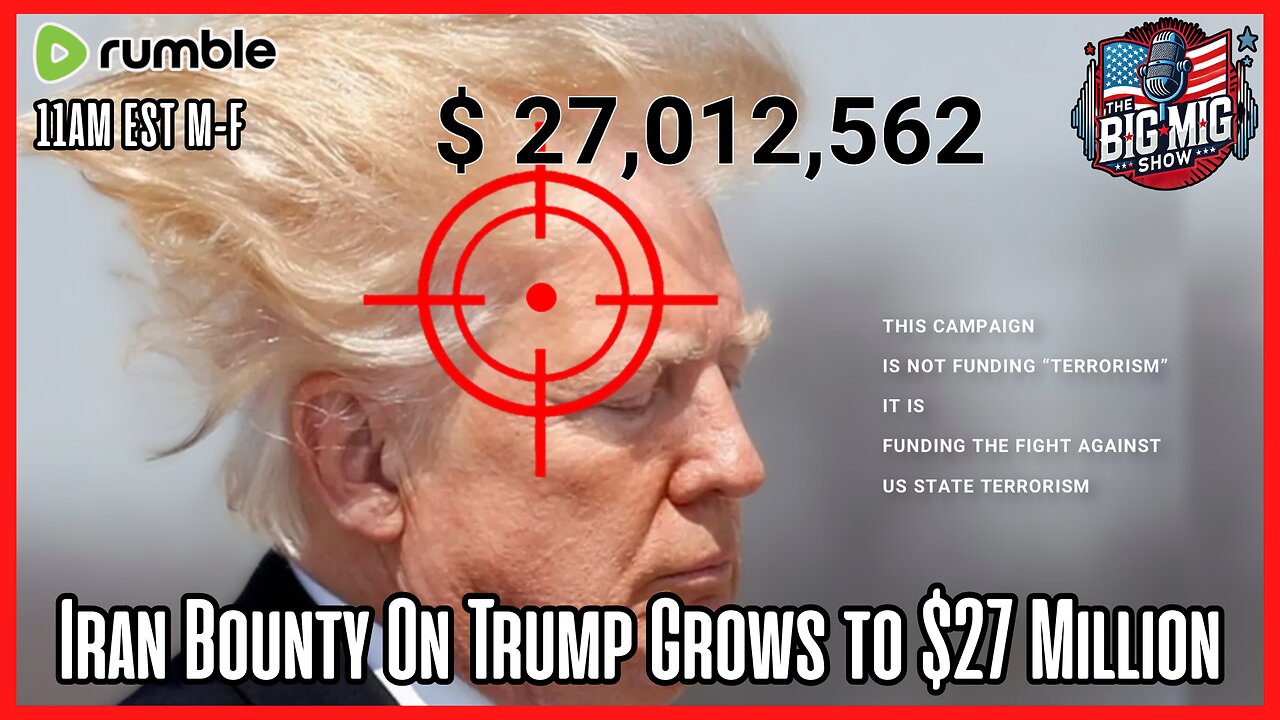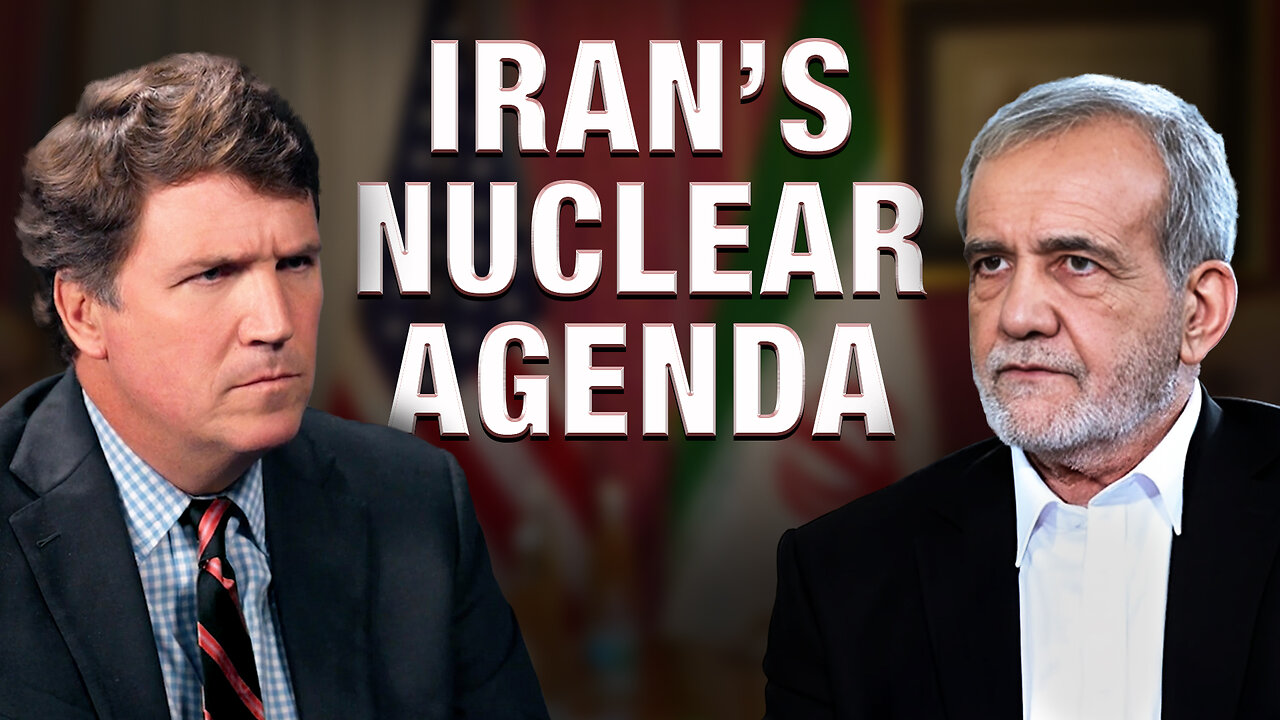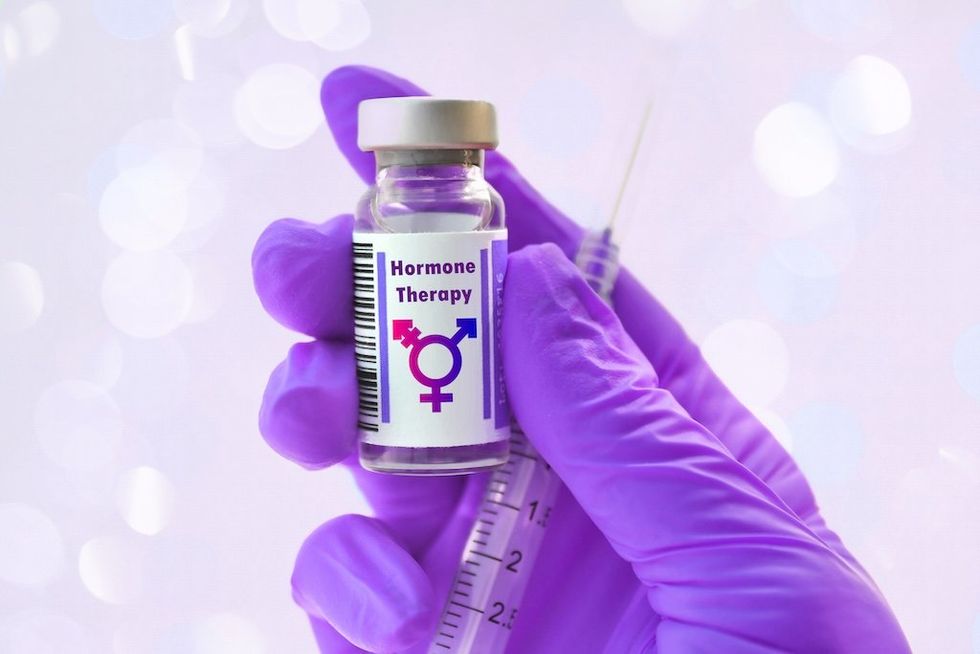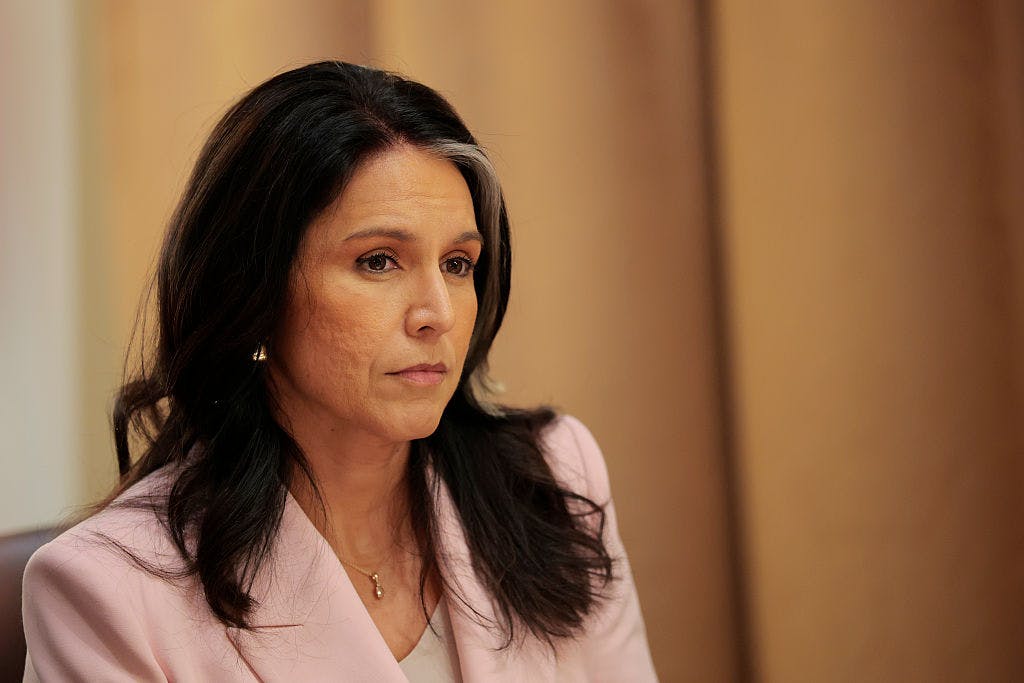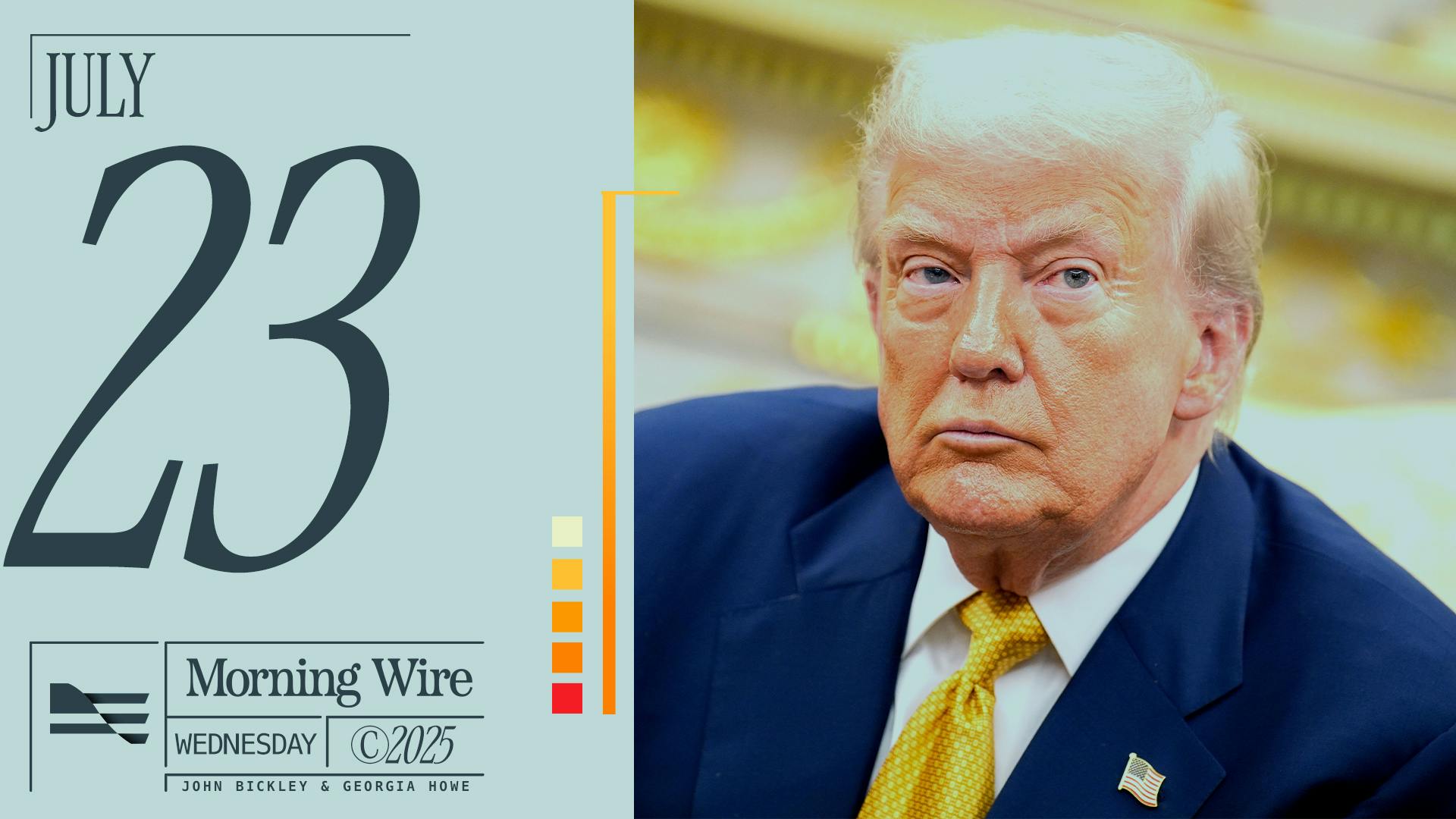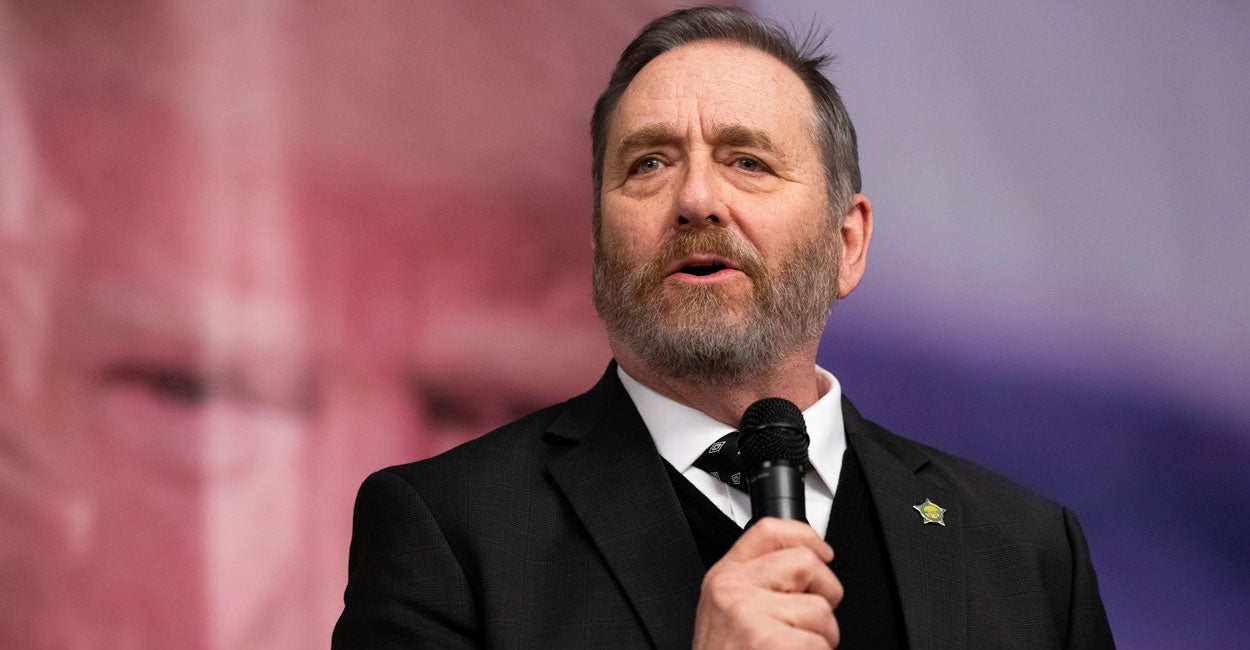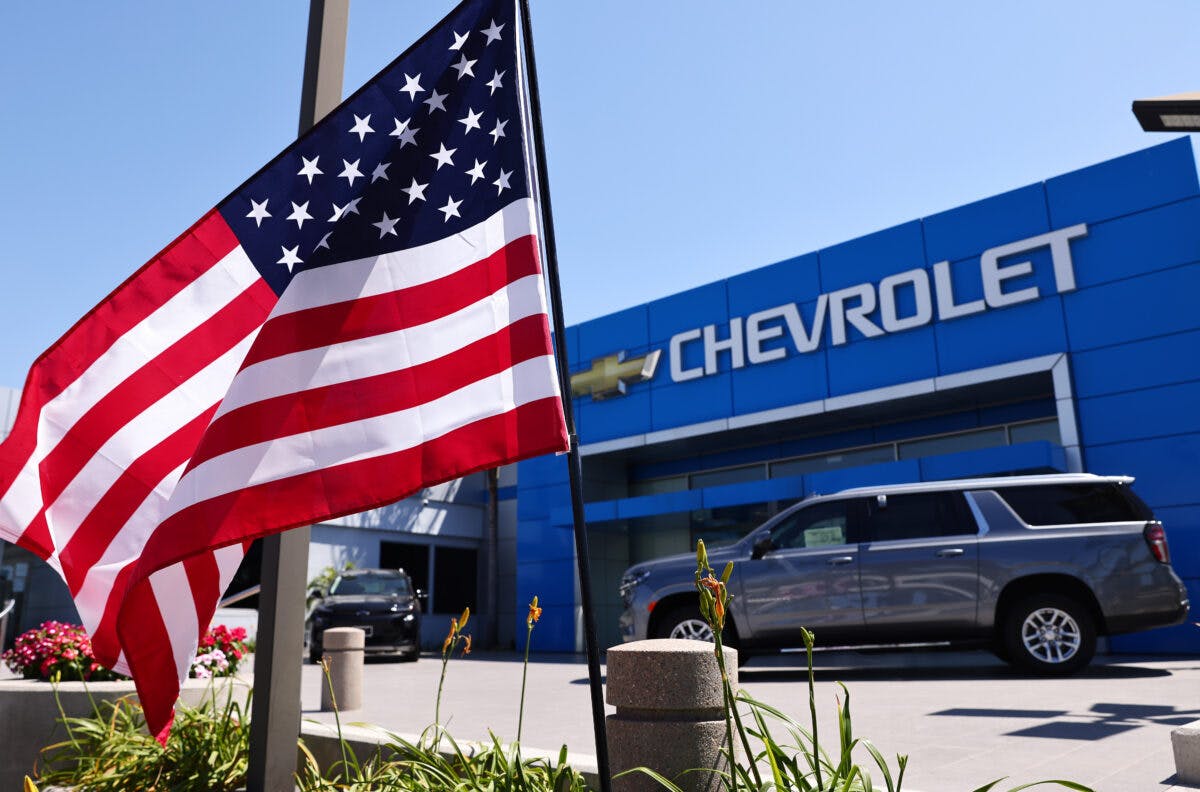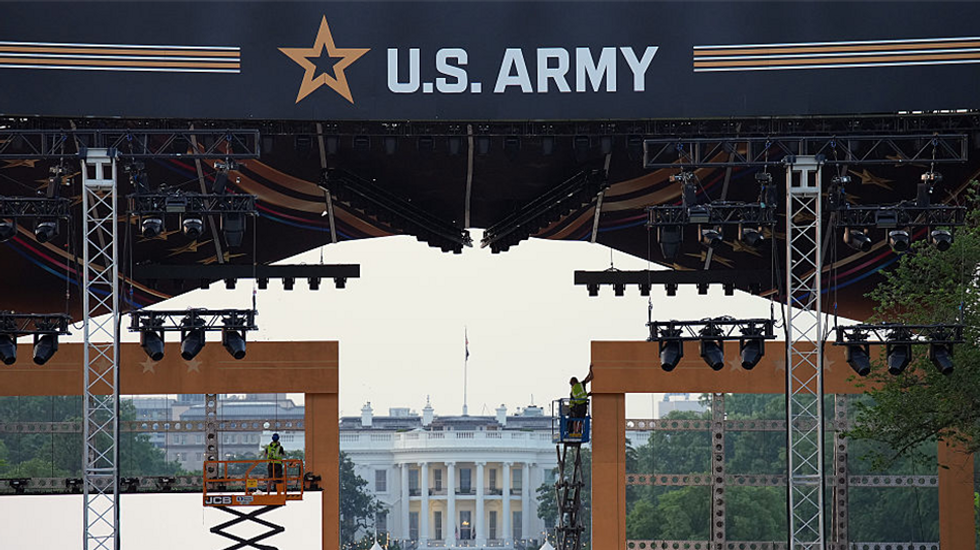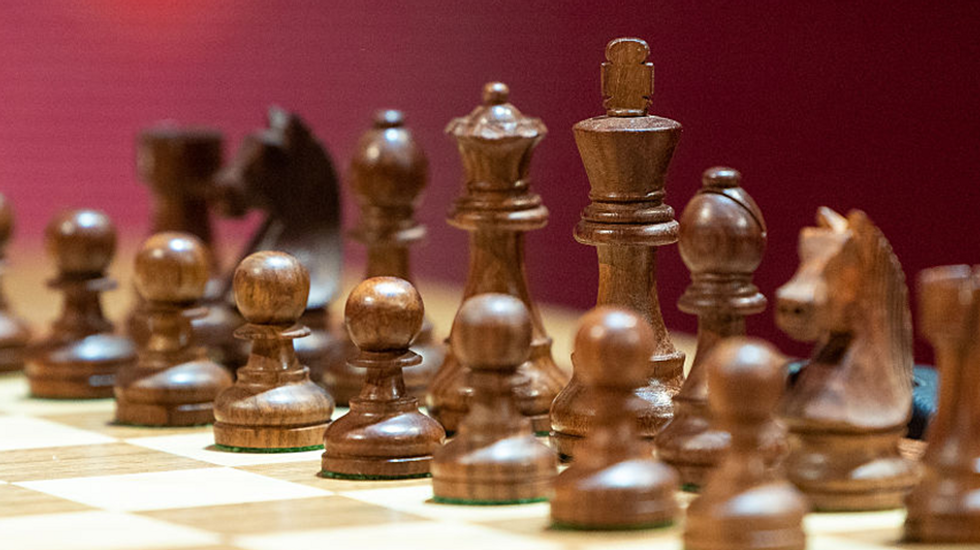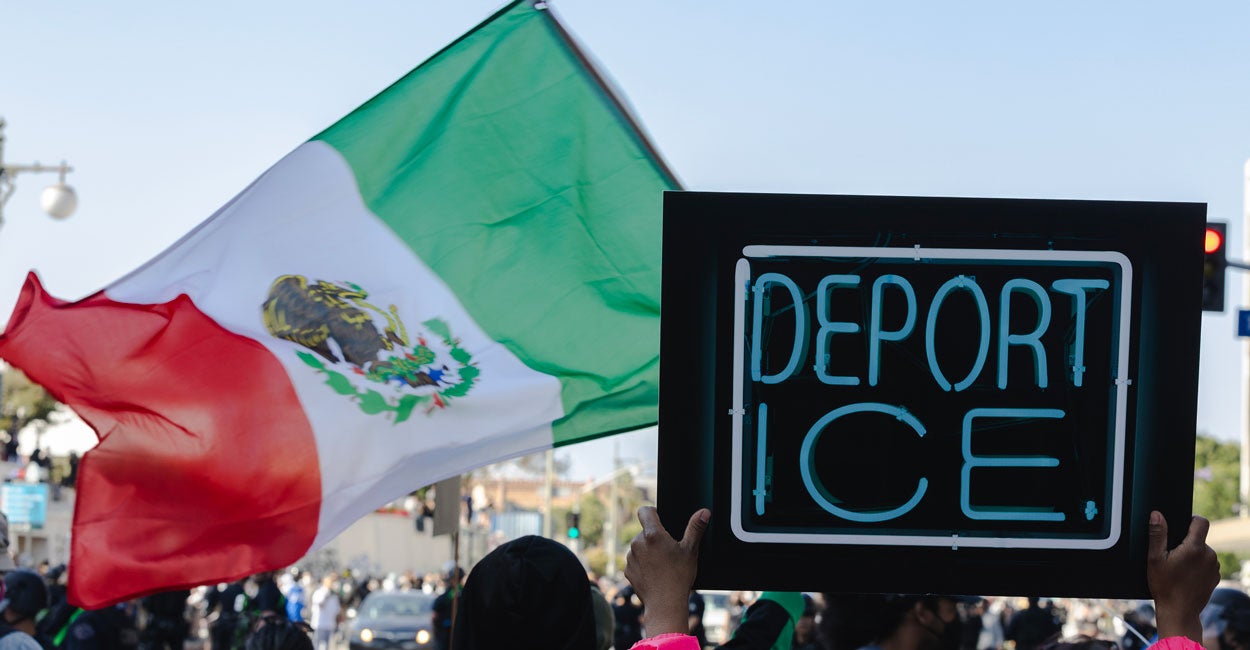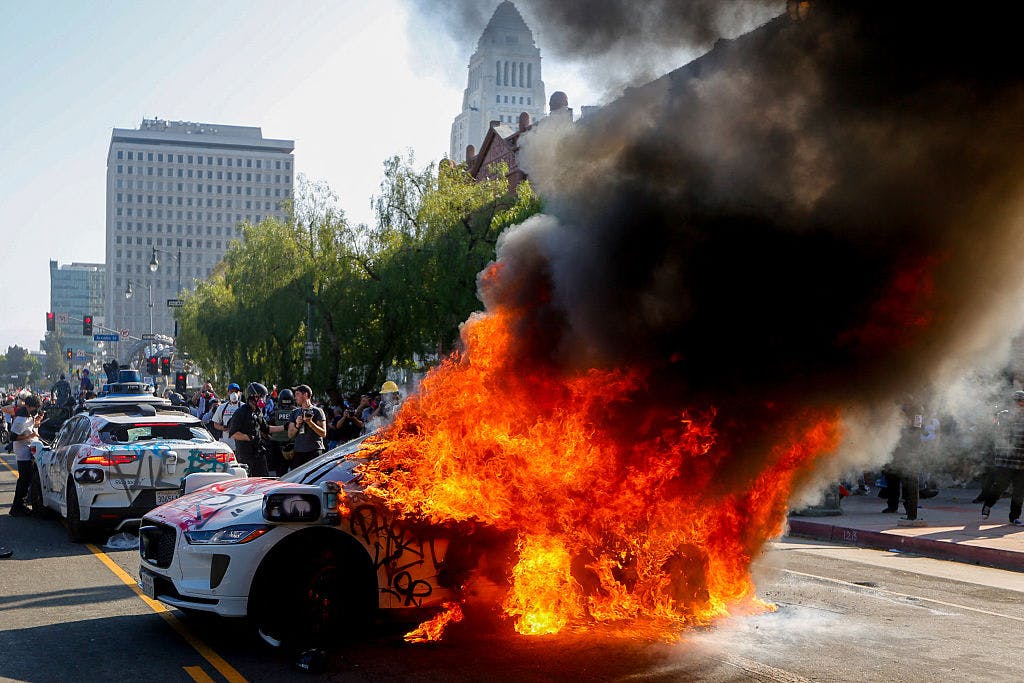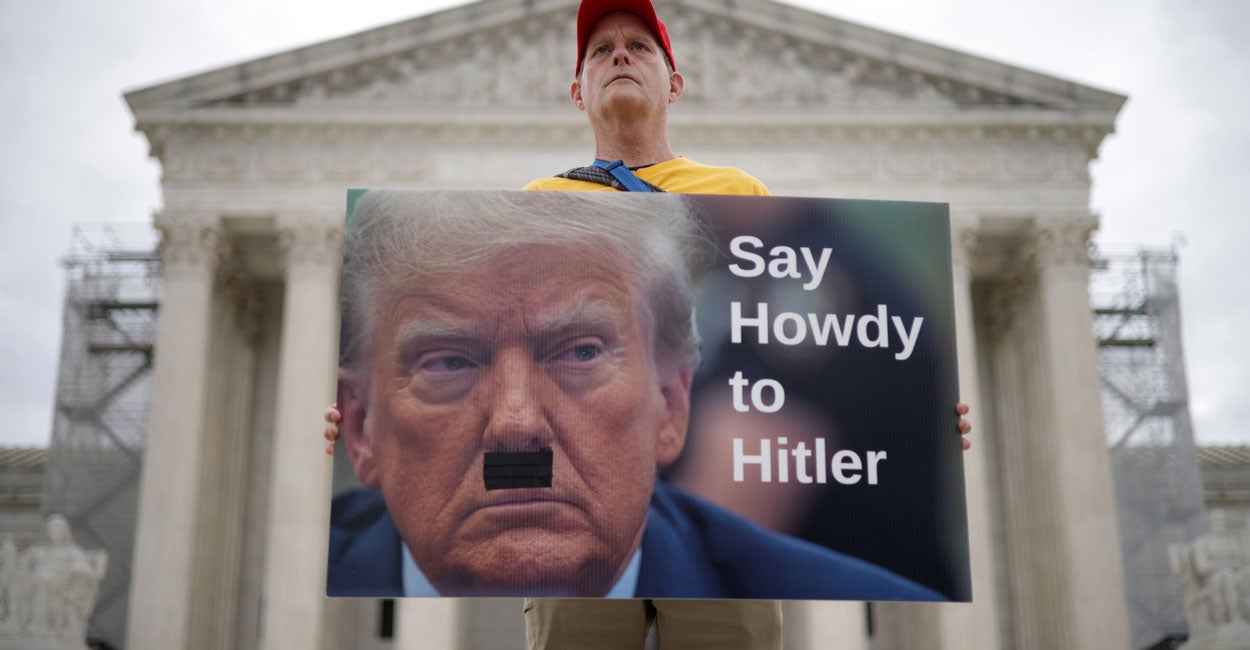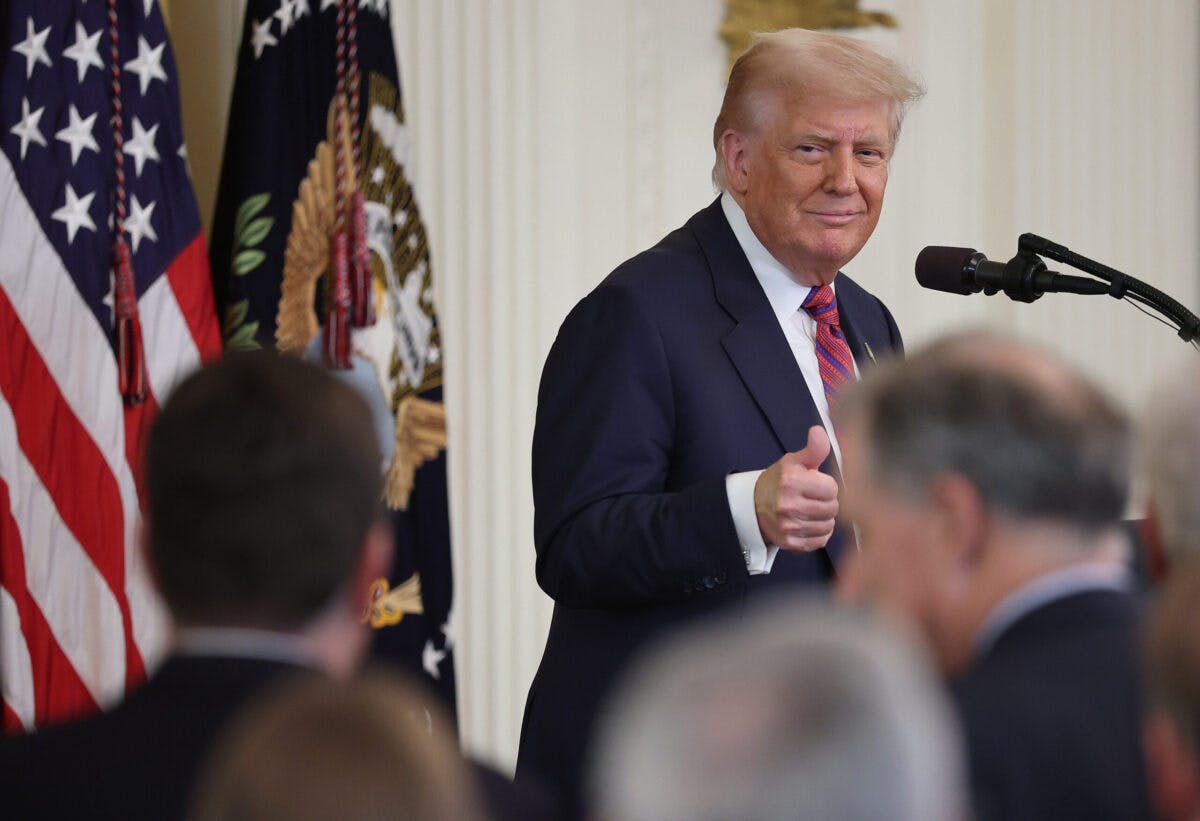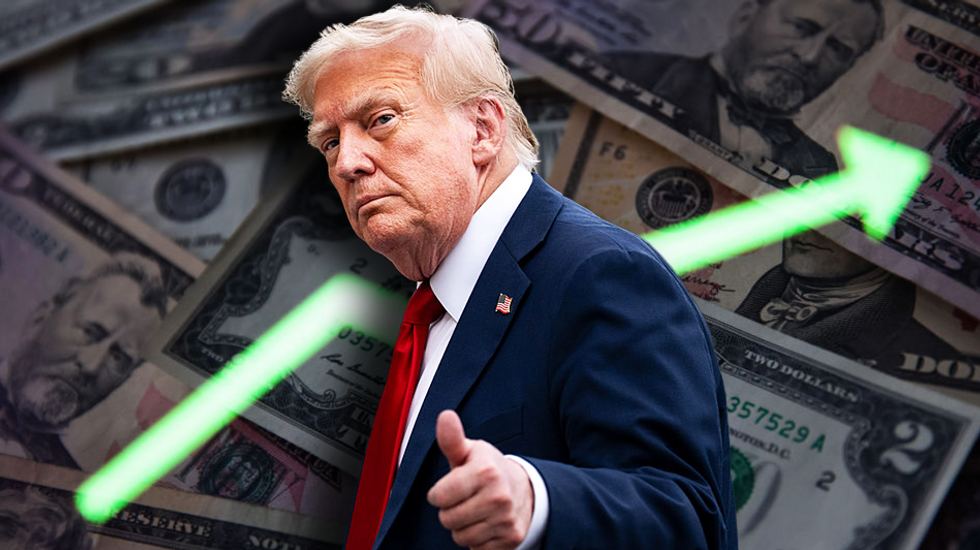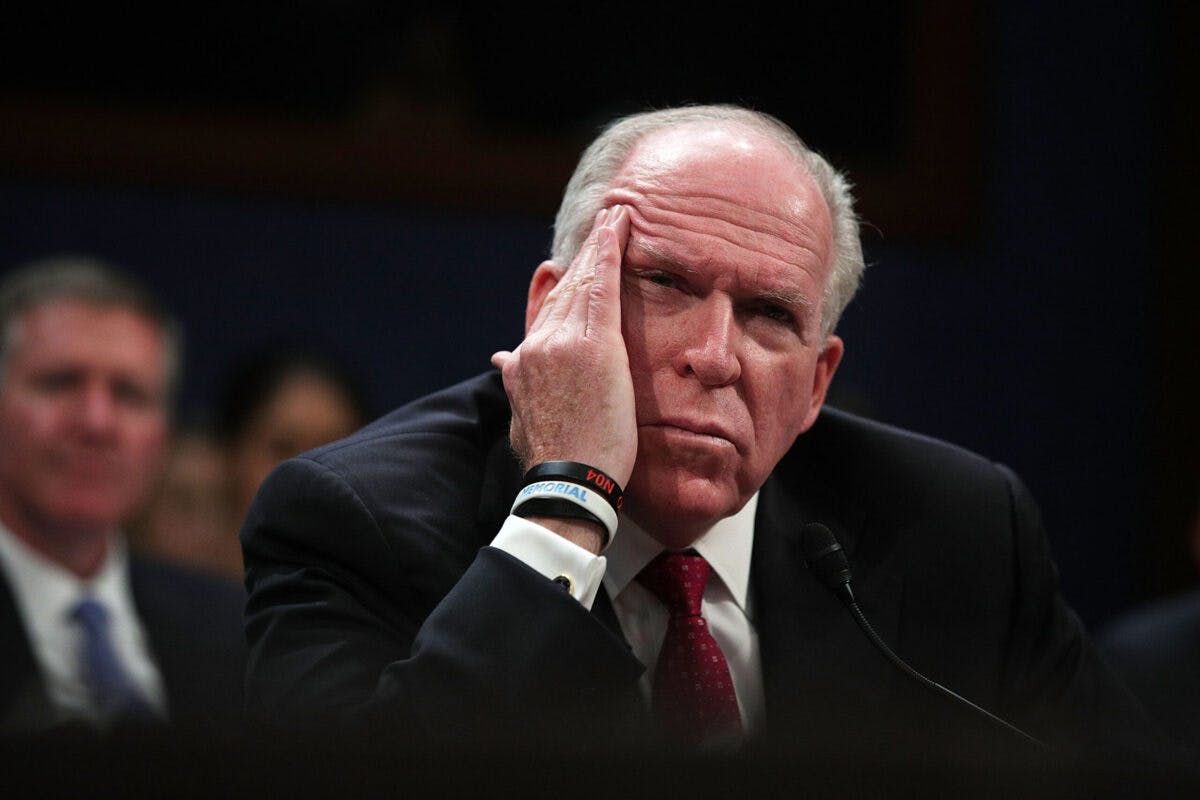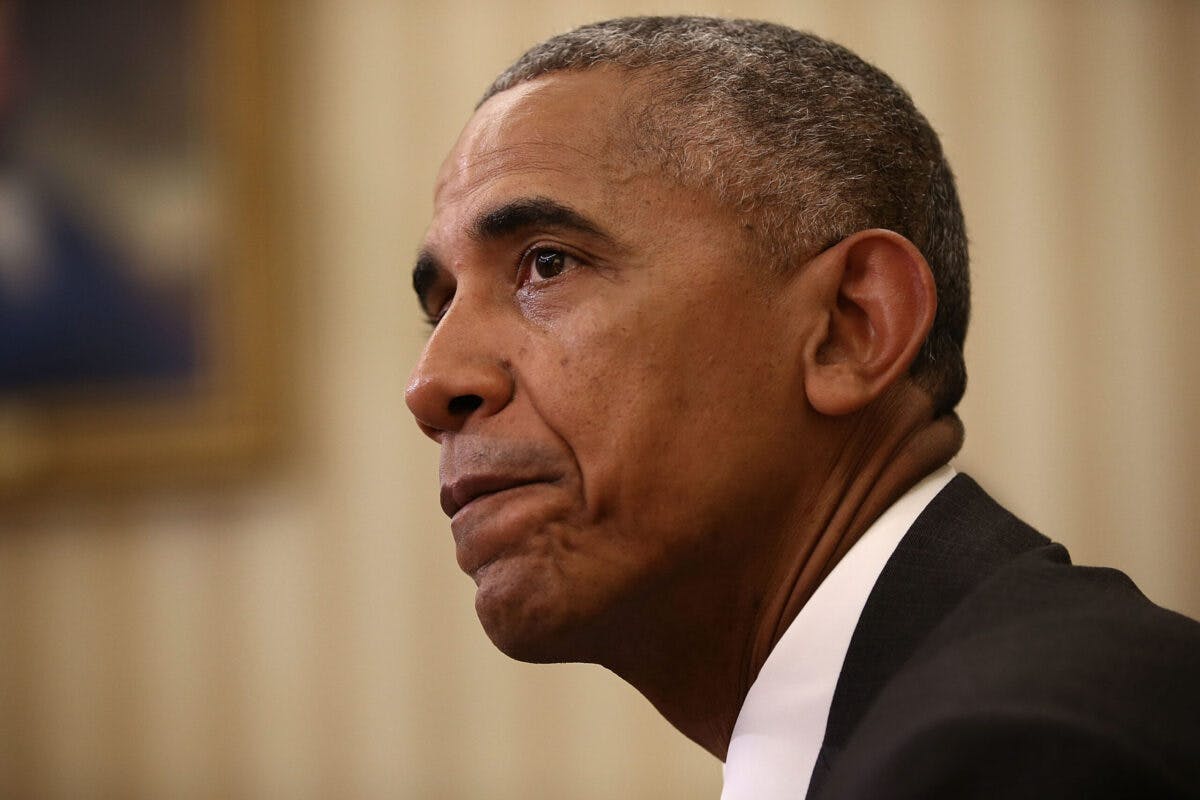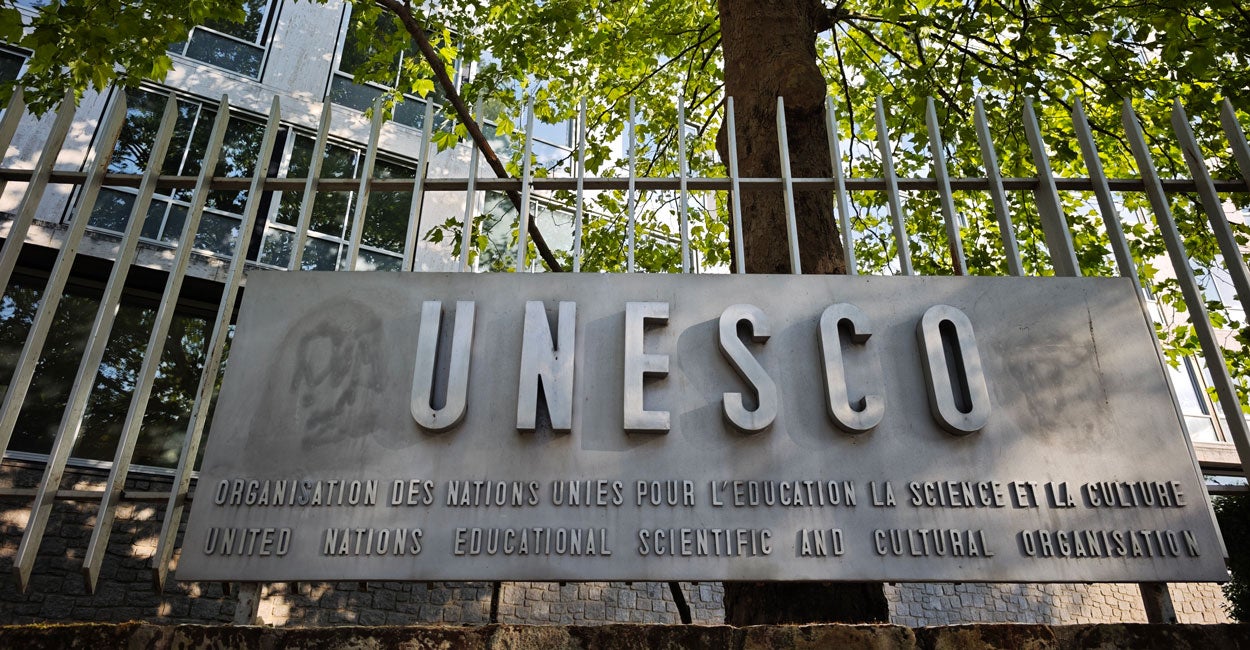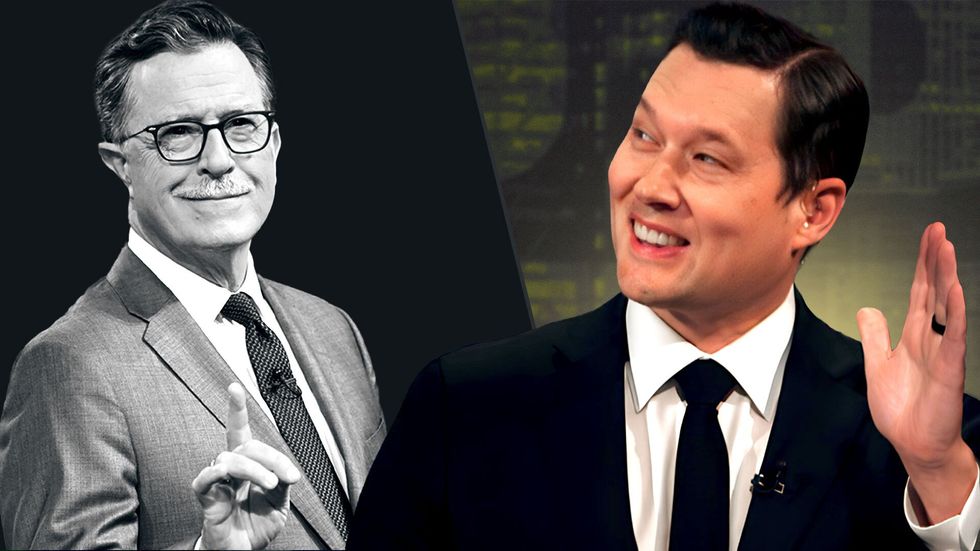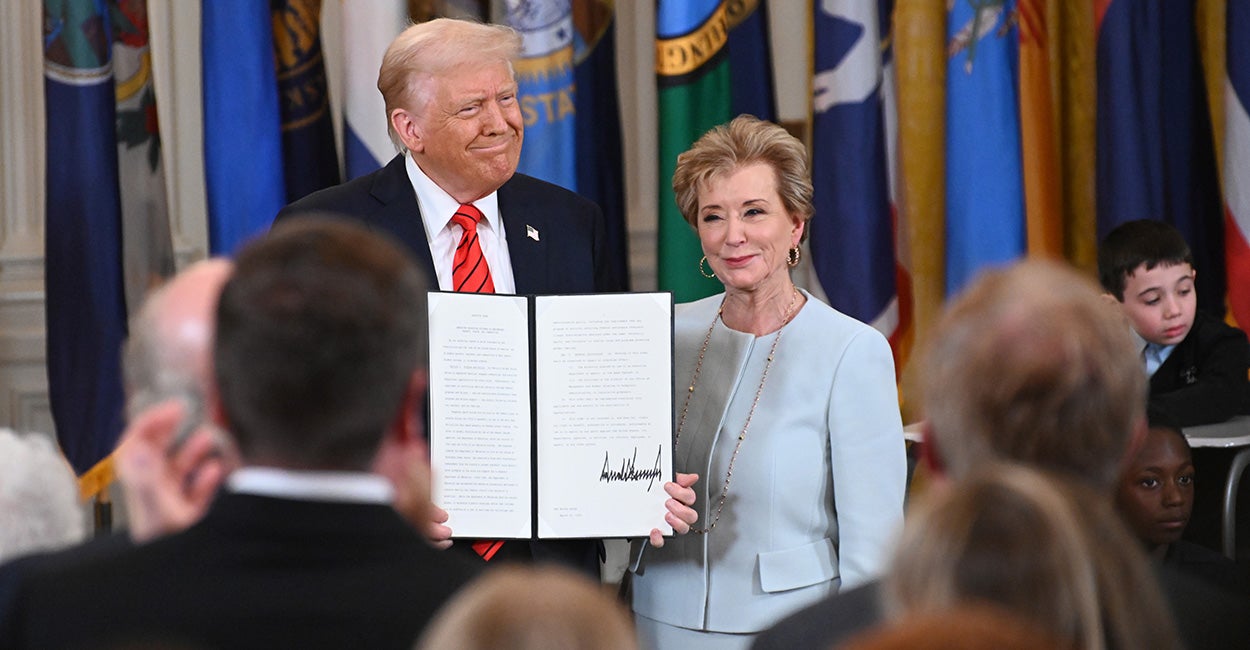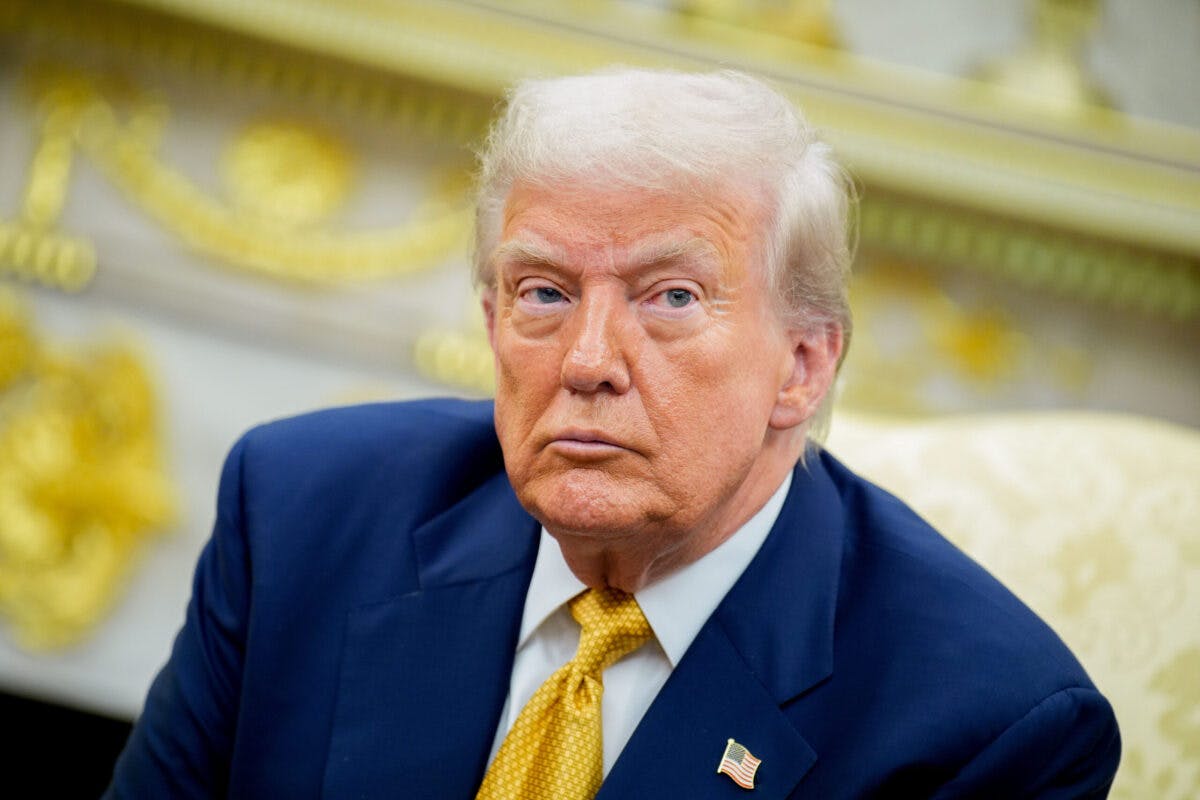Why College Sports Need To Kill DEI Programs
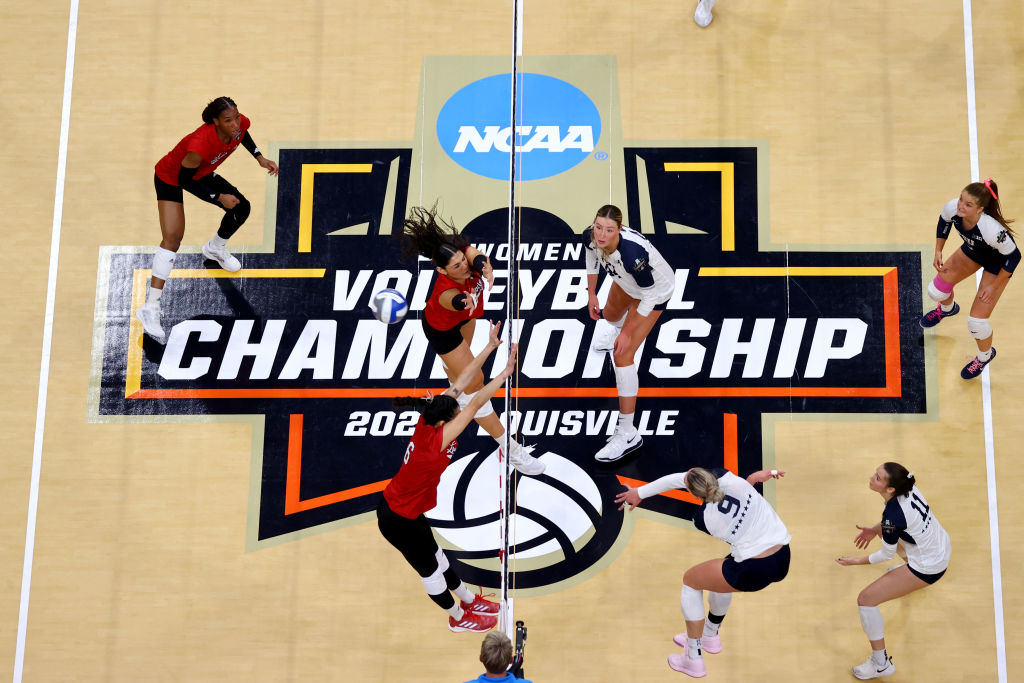
Walmart, Target, McDonalds, Amazon, Ford — the list goes on and on. Corporate America is finally waking up — their customers don’t want so-called Diversity, Equity and Inclusion (DEI) forced into their everyday lives. This is good. It’s a sign that companies may be returning their focus to goods and services, rather than politically motivated barometers of social justice. It appears, though, that some areas of higher education remain boxed in to DEI control — and who is actually calling those plays may surprise you.
Taxpayer-funded schools shovel billions of dollars into an organization insistent on DEI promotion: the National Collegiate Athletic Association (NCAA). The most powerful organization in college sports requires members to sign a constitution promising schools, and thus their funds, will “commit to promoting DEI in athletic activities and events, hiring practices, professional and coaching relationships, leadership and advancement opportunities.”
With the weight of football national championships, volleyball scholarships, and March Madness behind them, the organization has the power to flex and is strategically using it to push woke agendas. The pressure begins with athletics, but it does not stop there. The cost of admittance into the association creeps into every aspect of the school’s “community.” This compromises the integrity of academic staff, housing, curriculum, culture, and more of every member institution. Division One schools are even required to conduct a “DEI review” every four years “for the good of the greater community.”
“The NCAA is committed to fostering a diverse, equitable and inclusive culture in college athletics and to supporting DEI efforts of member schools, conferences and the national office,” the background statement on their “Diversity, Equity and Inclusion Review Framework” reads, “Building on the intent of the NCAA’s Presidential Pledge and Commitment to Promoting Diversity and Gender Equity in Intercollegiate Athletics, Division I adopted legislation that requires institutions to attest to completing a self-directed DEI review once every four years.”
If a school wants to impress future students with a prestigious football program, they’ll have to bend the knee to DEI authorities to play elite competition.
This was evident to me as I participated in the recent 2025 NCAA Convention. The annual meeting came at the cusp of the U.S. House of Representatives’ passage of the Protection of Women and Girls in Sports Act and a landmark court decision striking down former President Biden’s illegal Title IX re-write. Athletic Directors flooded my line with, “What does this mean for us?” So, I attended a panel titled “Navigating the Inclusion Landscape” to see exactly how they were advising Athletic Directors. Sadly, they provided no guidance. The tone-deaf panel of DEI experts failed to mention the impending lawsuits, recent rule changes, and other elephants in the room that actually define the landscape. Rather, the panel of NCAA experts touted the phrase: “DEI is good!”
The constant religious-like repetition of the phrase reeked of desperation. “There is still purpose in DEI programs and initiatives,” they promised.
One panelist’s strategy hinted at how they plan to fight the will of most Americans:
“I got academic freedom,” she exclaimed, “I got tenure! I might be able to say things to your student athletes that would be harder for you all to say. If your campus has tenured faculty, USE US! USE US to help you do this work and to figure out how not to be silent.”
During the session, participants were careful to use unbound identifiers such as “black identifying athletes.” I grabbed several of their handouts on my way out including a pamphlet detailing how “language can impact how your athletes perform,” complete with a “social identity wheel.”
Resources also specifically addressed how private faith-based institutions can focus on “respect and inclusion for LGBTQ student-athletes and staff.” The actions include embracing their presence, displaying resources, and initiating conversations with high-level school administrators and board members about creating an “inclusive campus for LGBTQ people.”
I came out of the experience with one prevalent realization. While NCAA President Charlie Baker tells Congress the NCAA is forced to follow federal law in this area, the evidence suggests they aren’t followers but radical leaders actively pushing the DEI infestation compromising school athletics and academia at-large.
Congress, the White House, and the American people shouldn’t let the NCAA’s shiny national championship trophies distract them from the problem at hand. Americans voted for Donald Trump in large part because they wanted to see a change of direction in DEI. But to realize these goals, they must demand transparency and accountability from the NCAA for their coercive DEI policies that roadblock meaningful change.
* * *
Macy Petty is a Legislative Strategist and Women’s Sports Spokesperson at Concerned Women for America.
The views expressed in this piece are those of the author and do not necessarily represent those of The Daily Wire.
Originally Published at Daily Wire, Daily Signal, or The Blaze
What's Your Reaction?
 Like
0
Like
0
 Dislike
0
Dislike
0
 Love
0
Love
0
 Funny
0
Funny
0
 Angry
0
Angry
0
 Sad
0
Sad
0
 Wow
0
Wow
0
